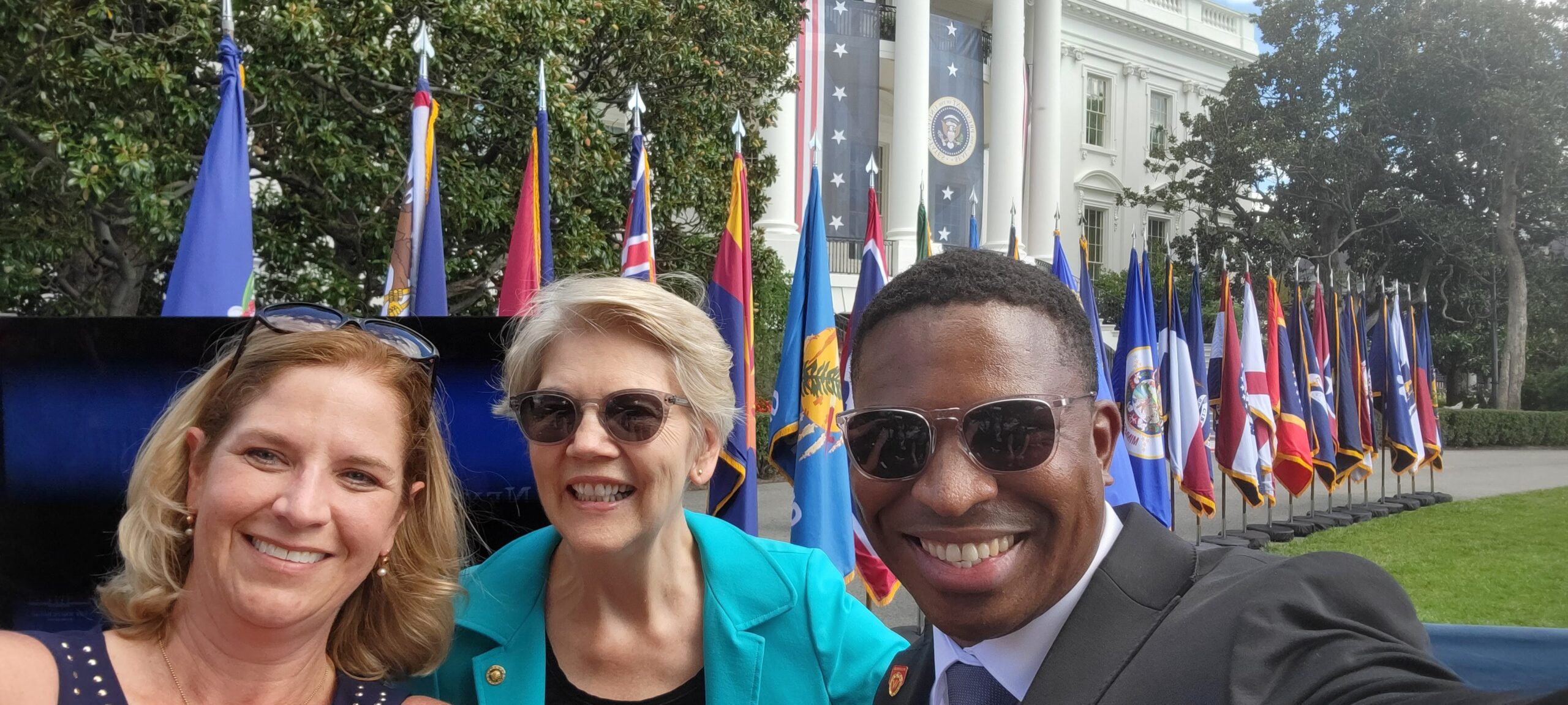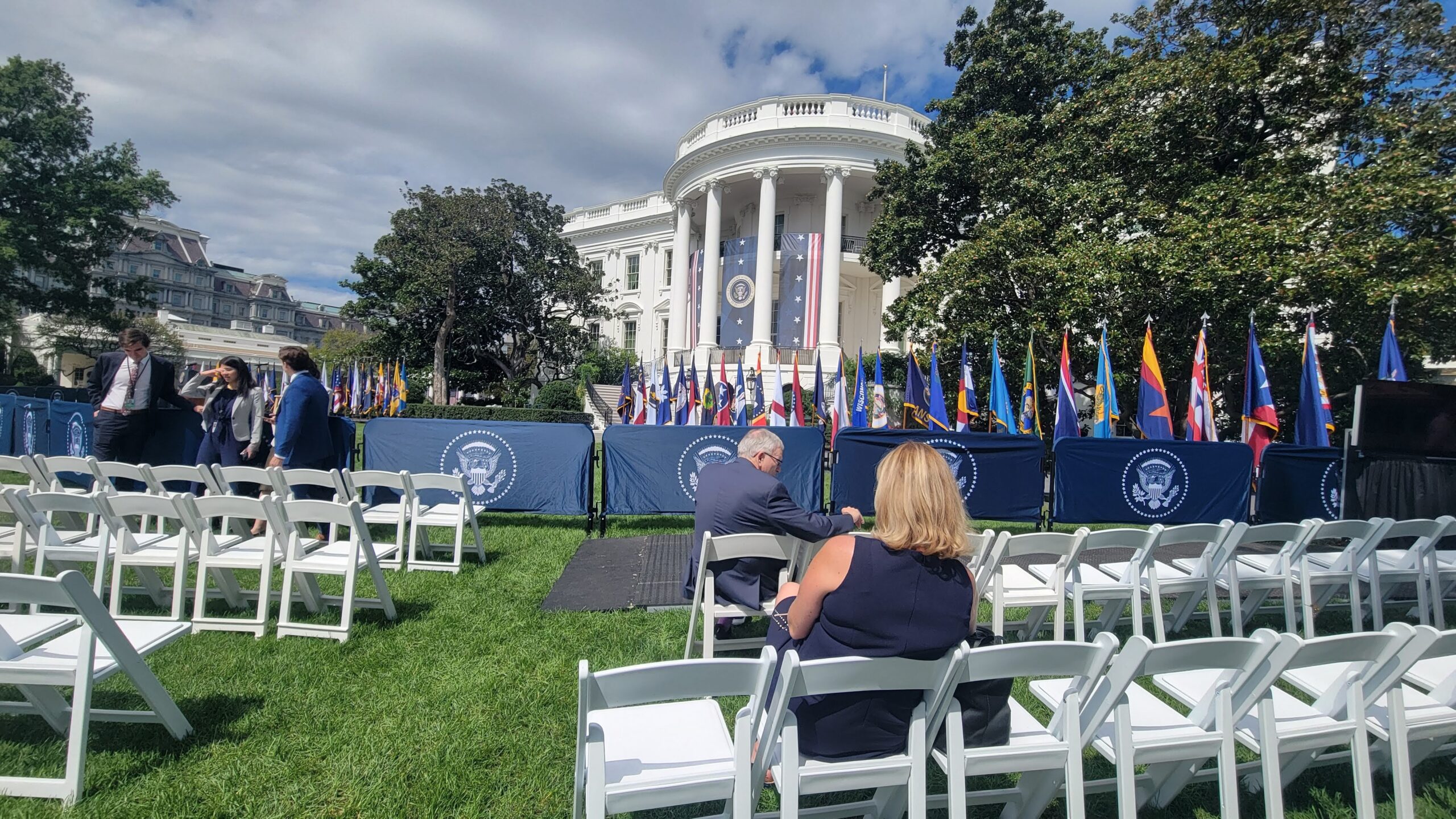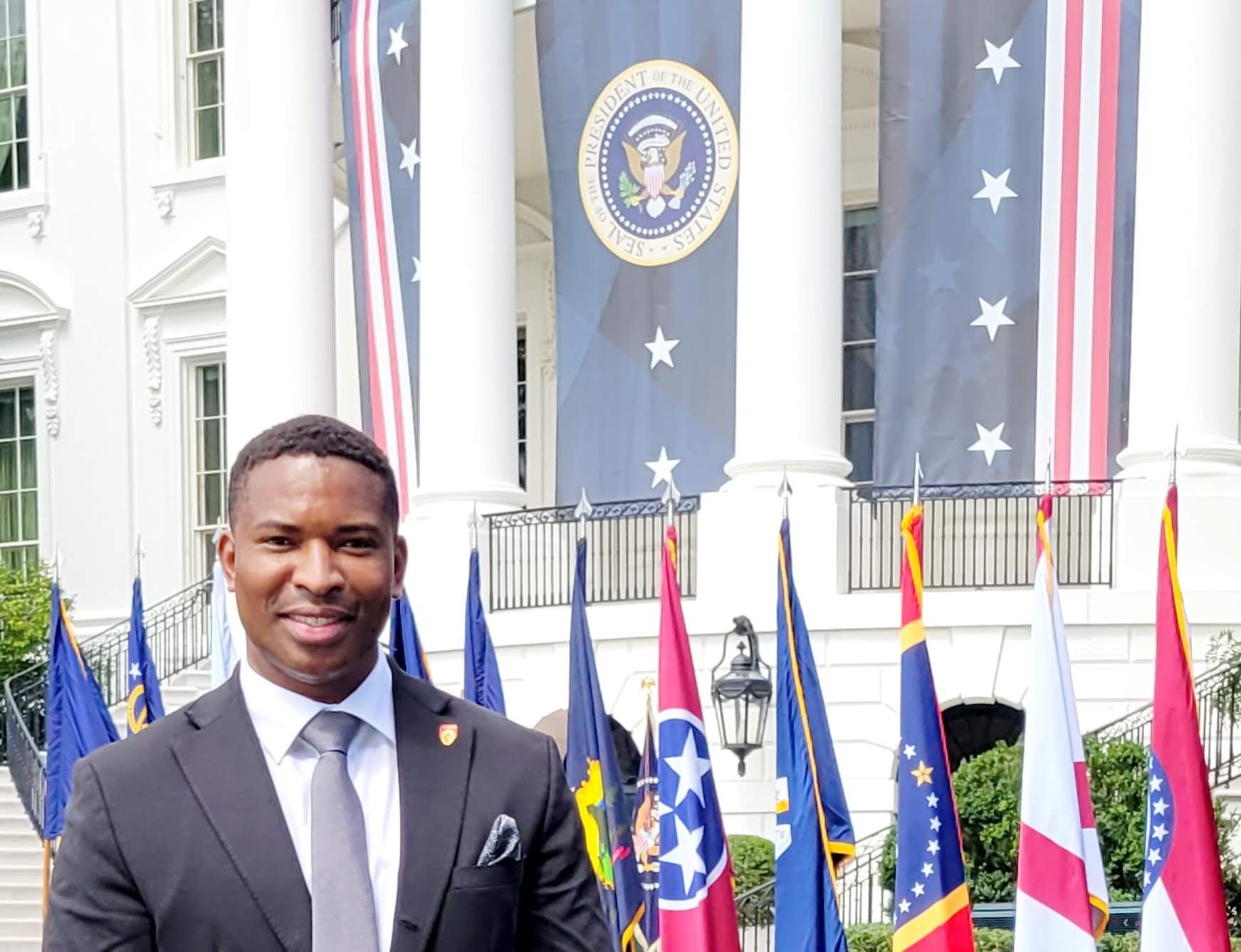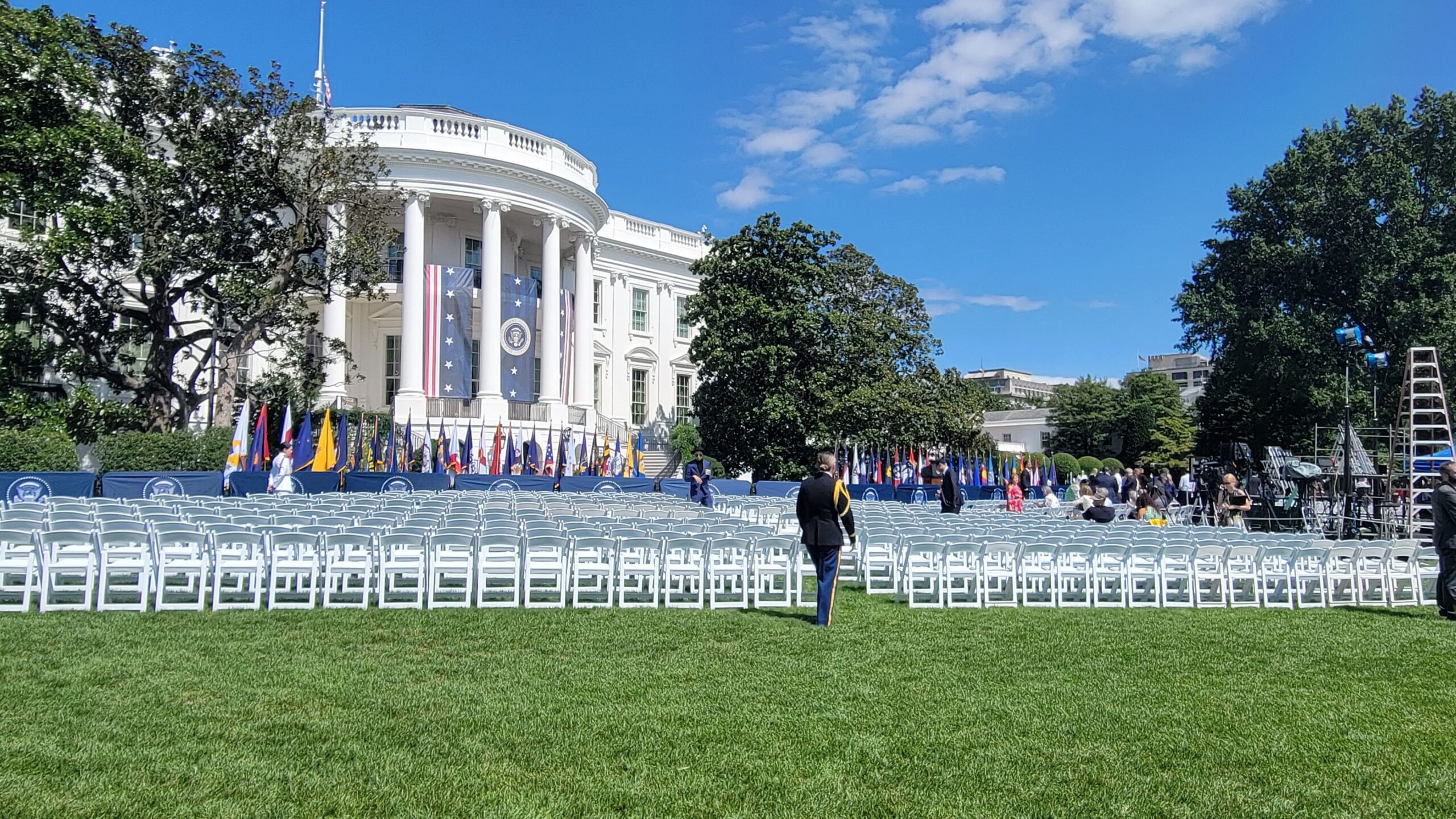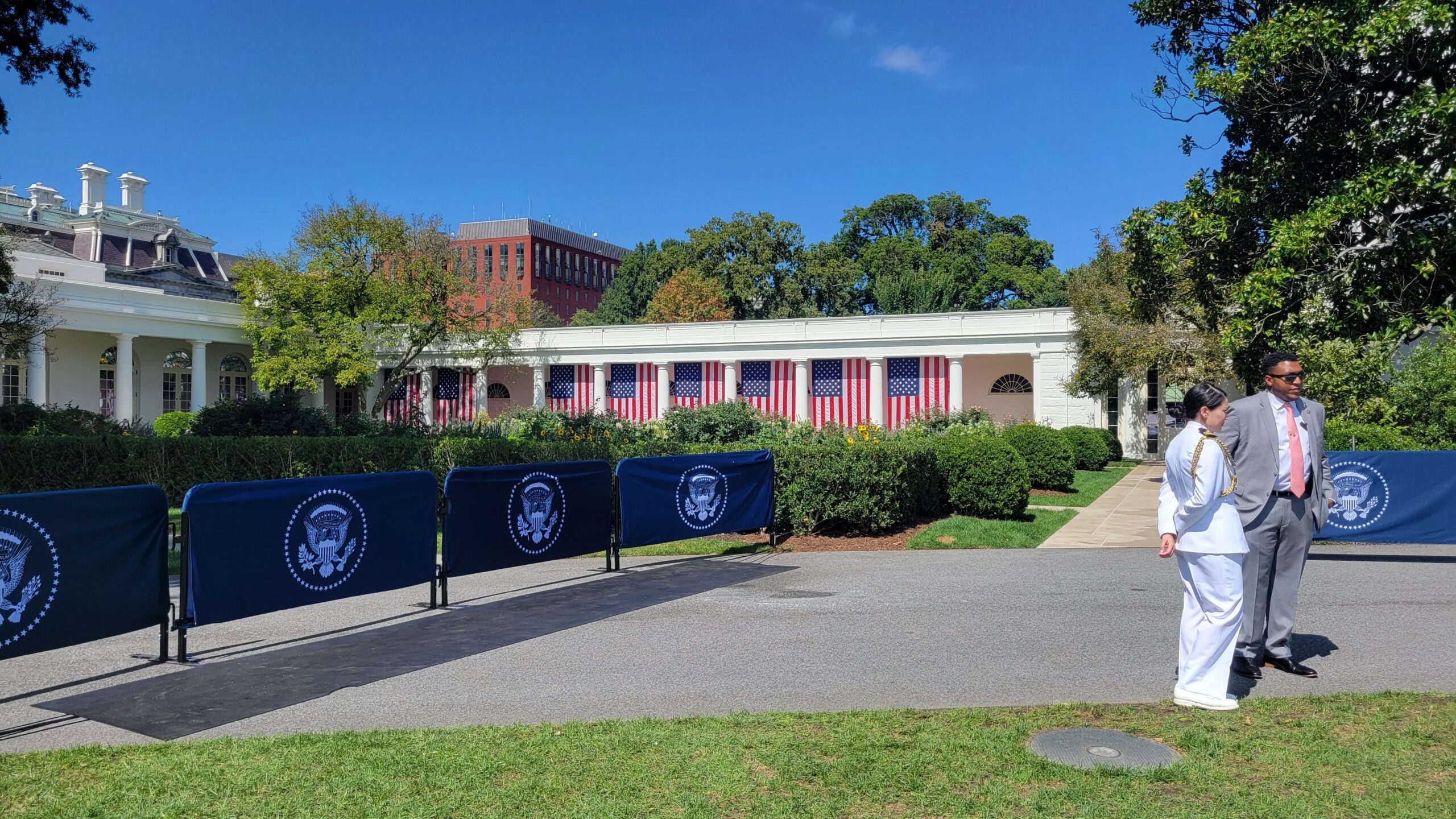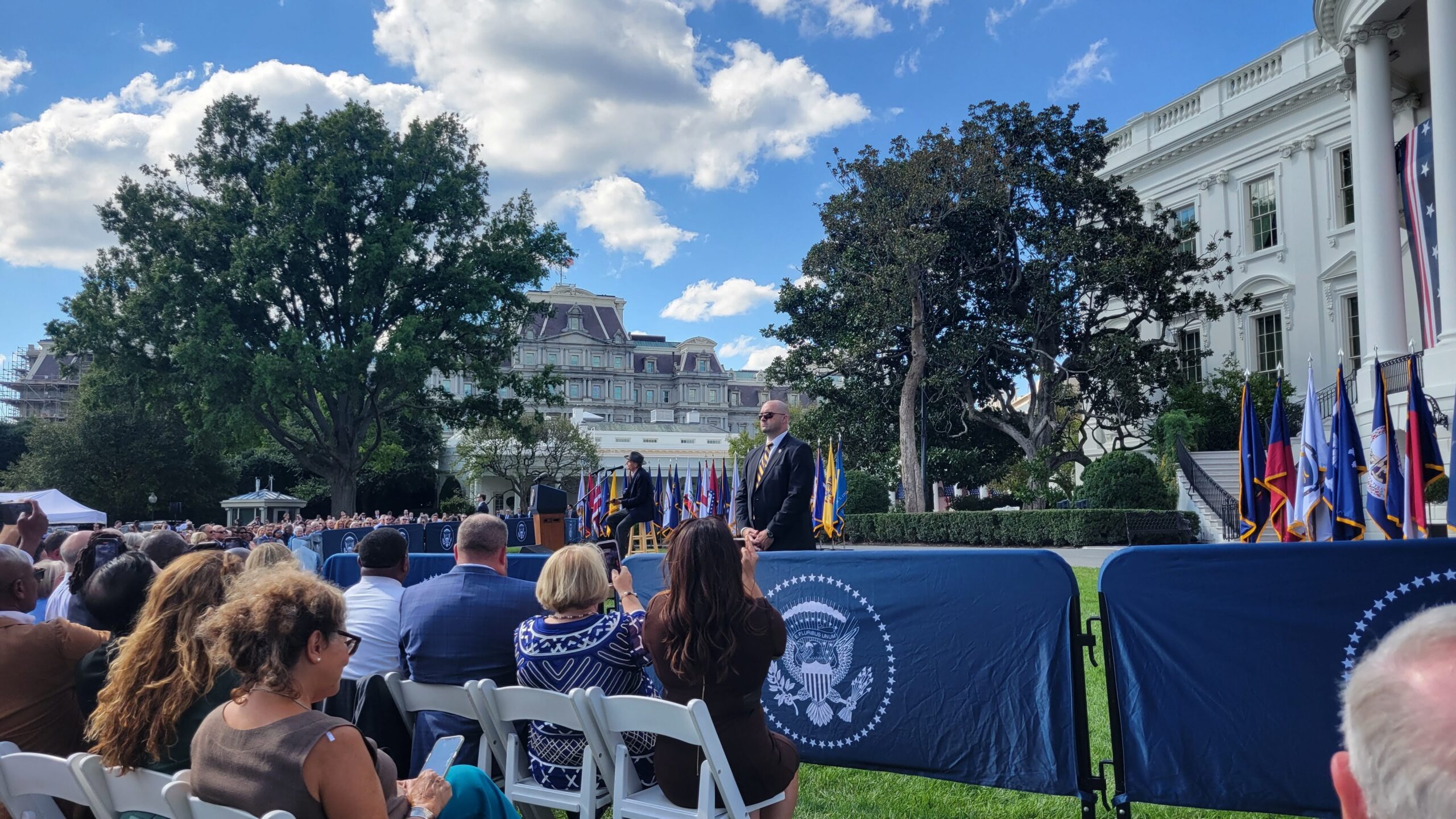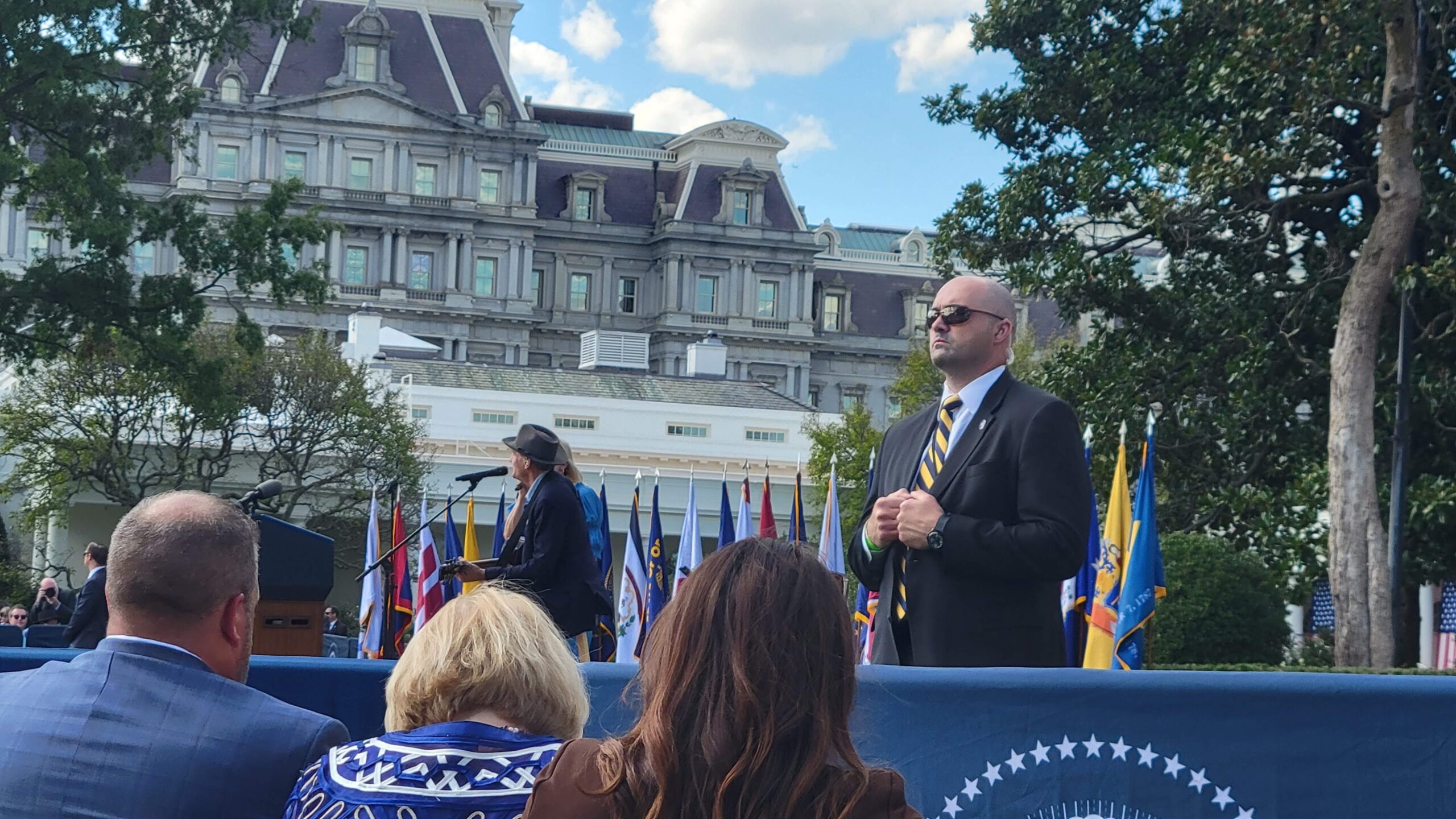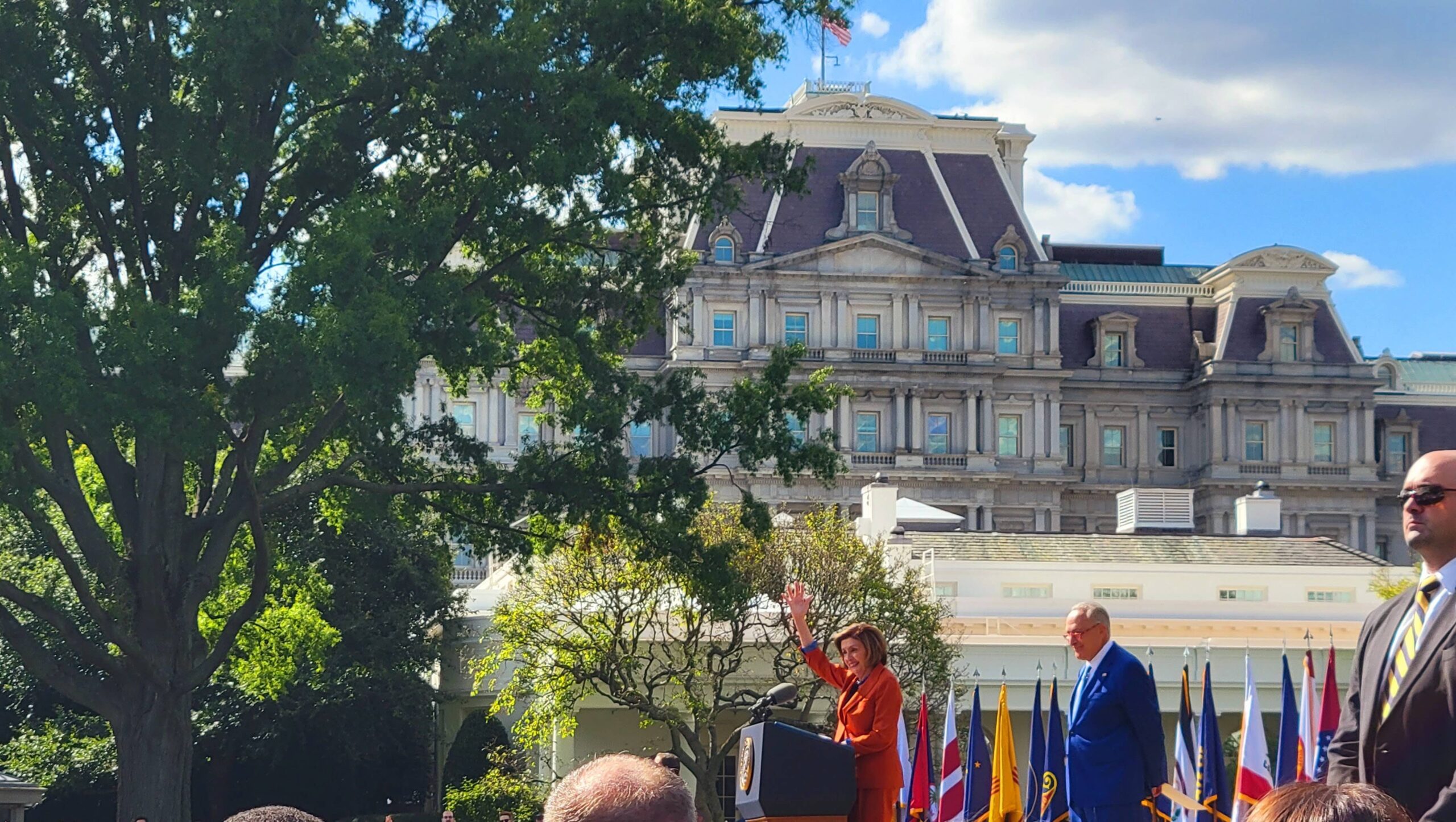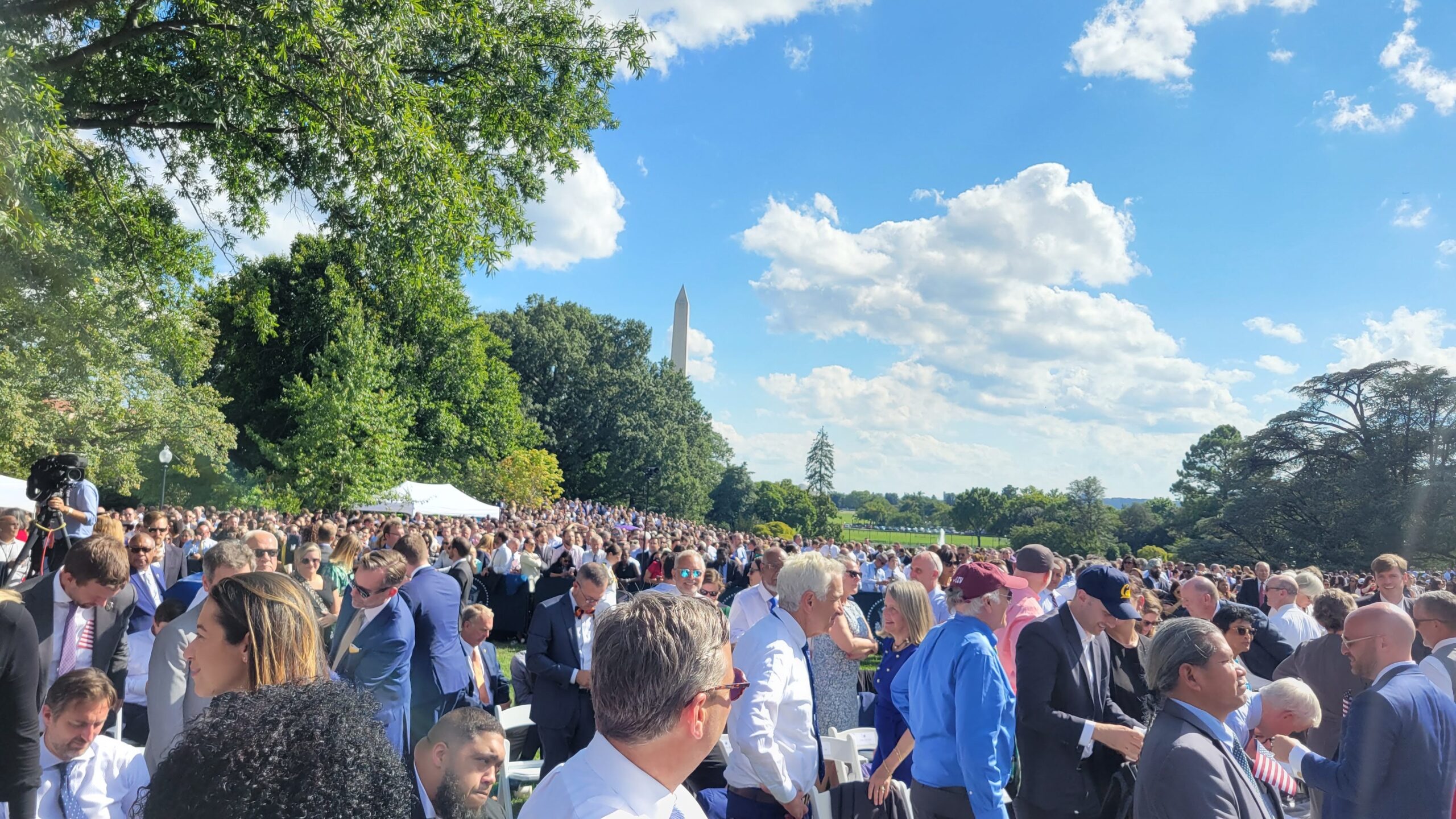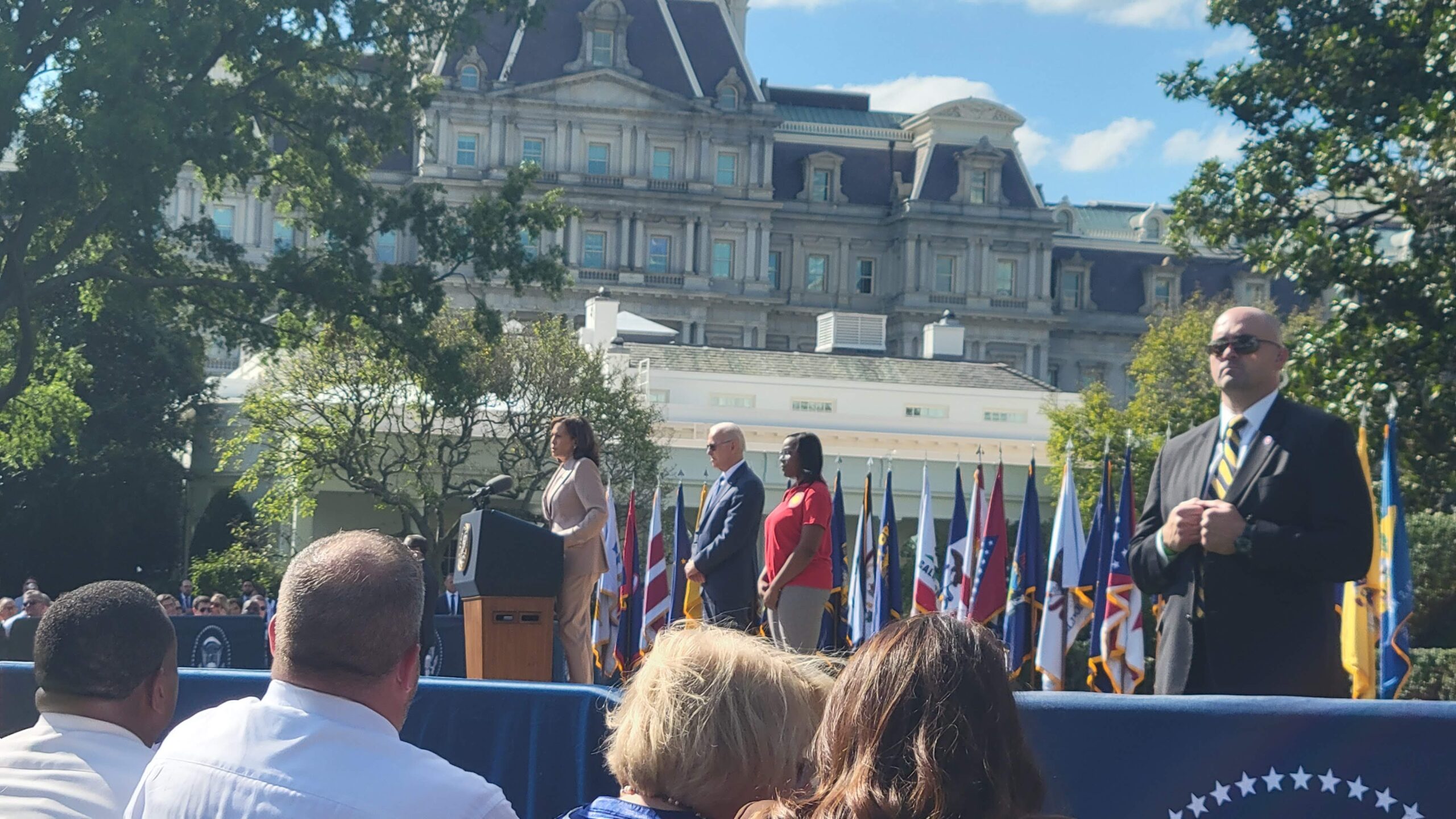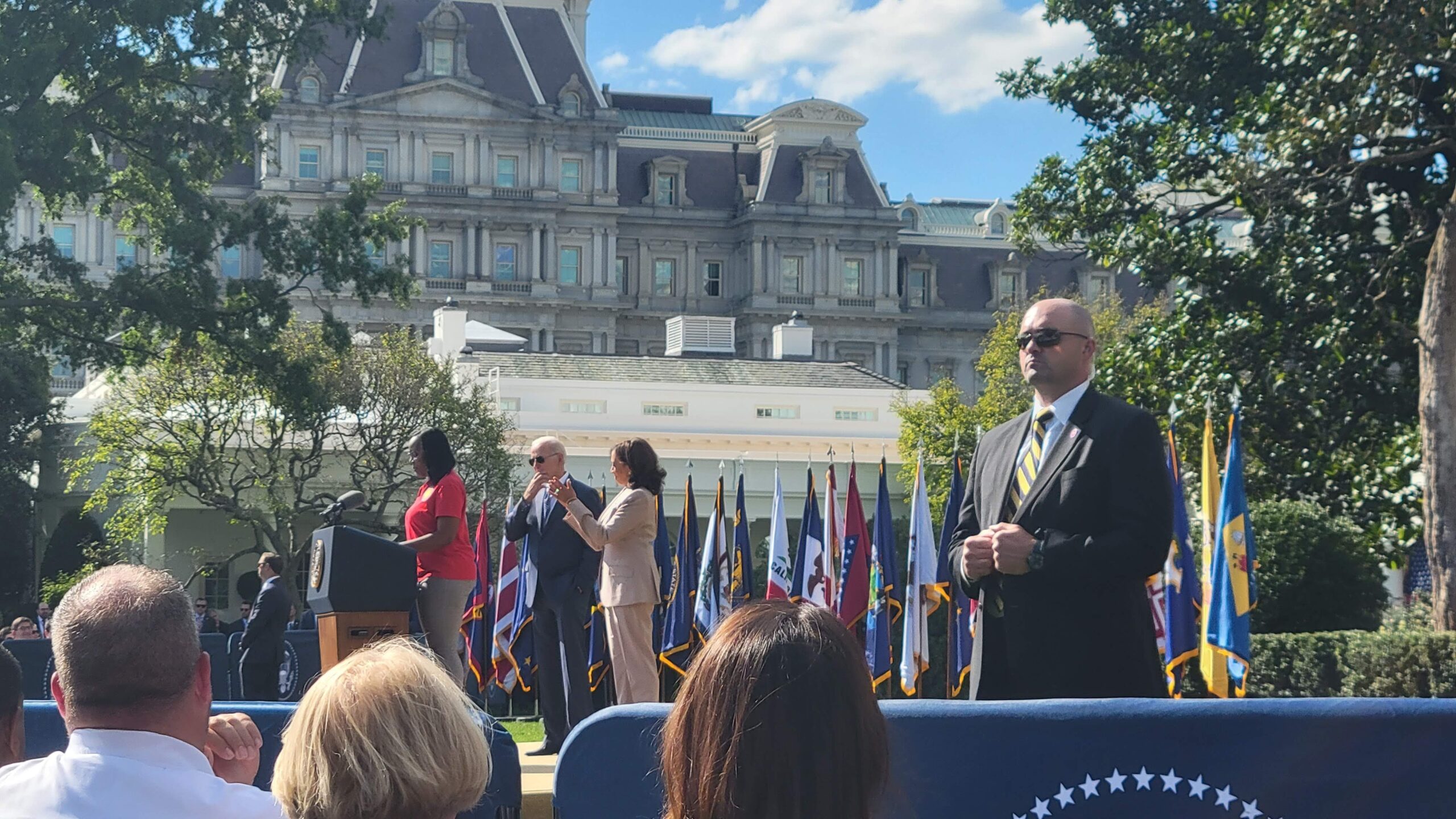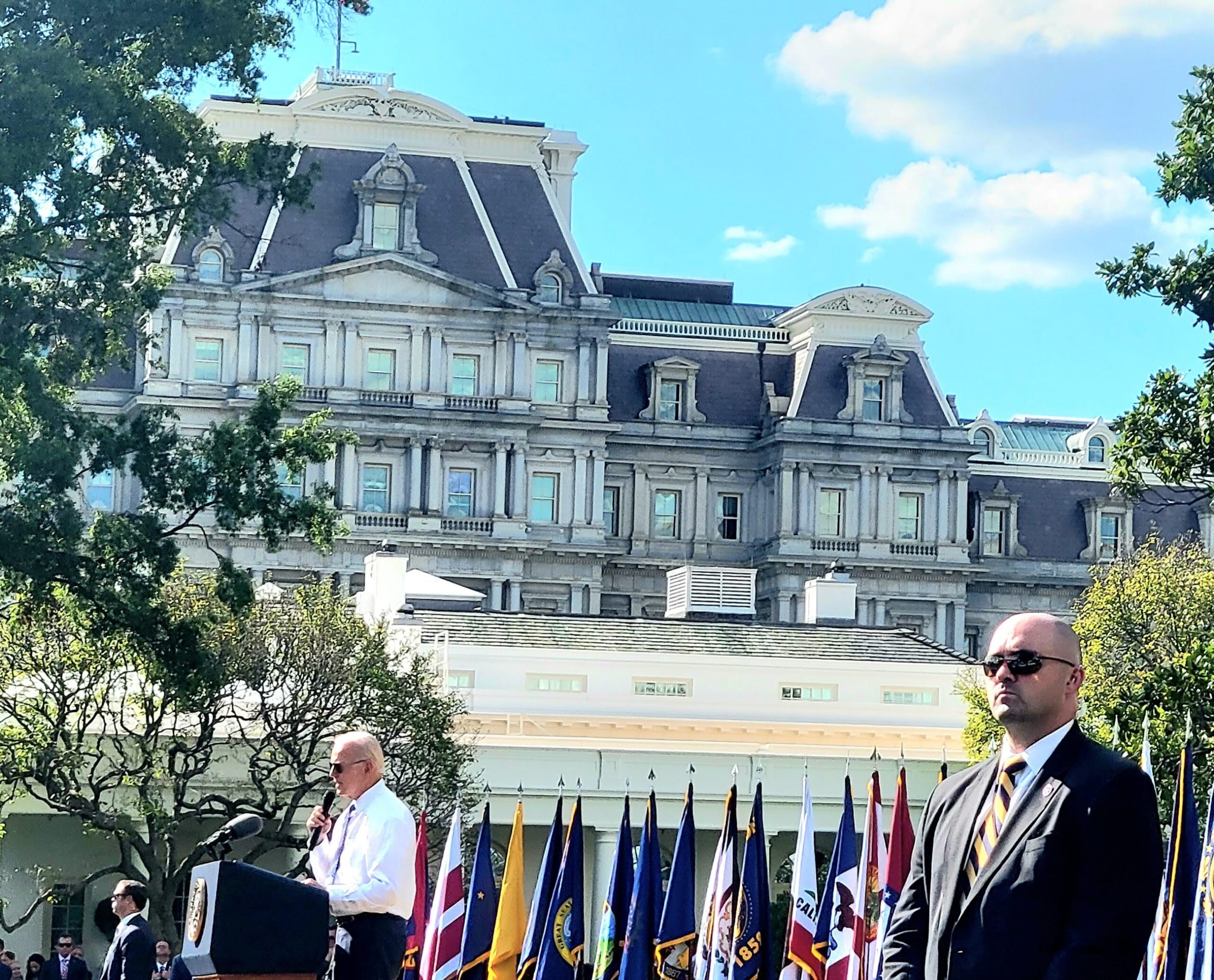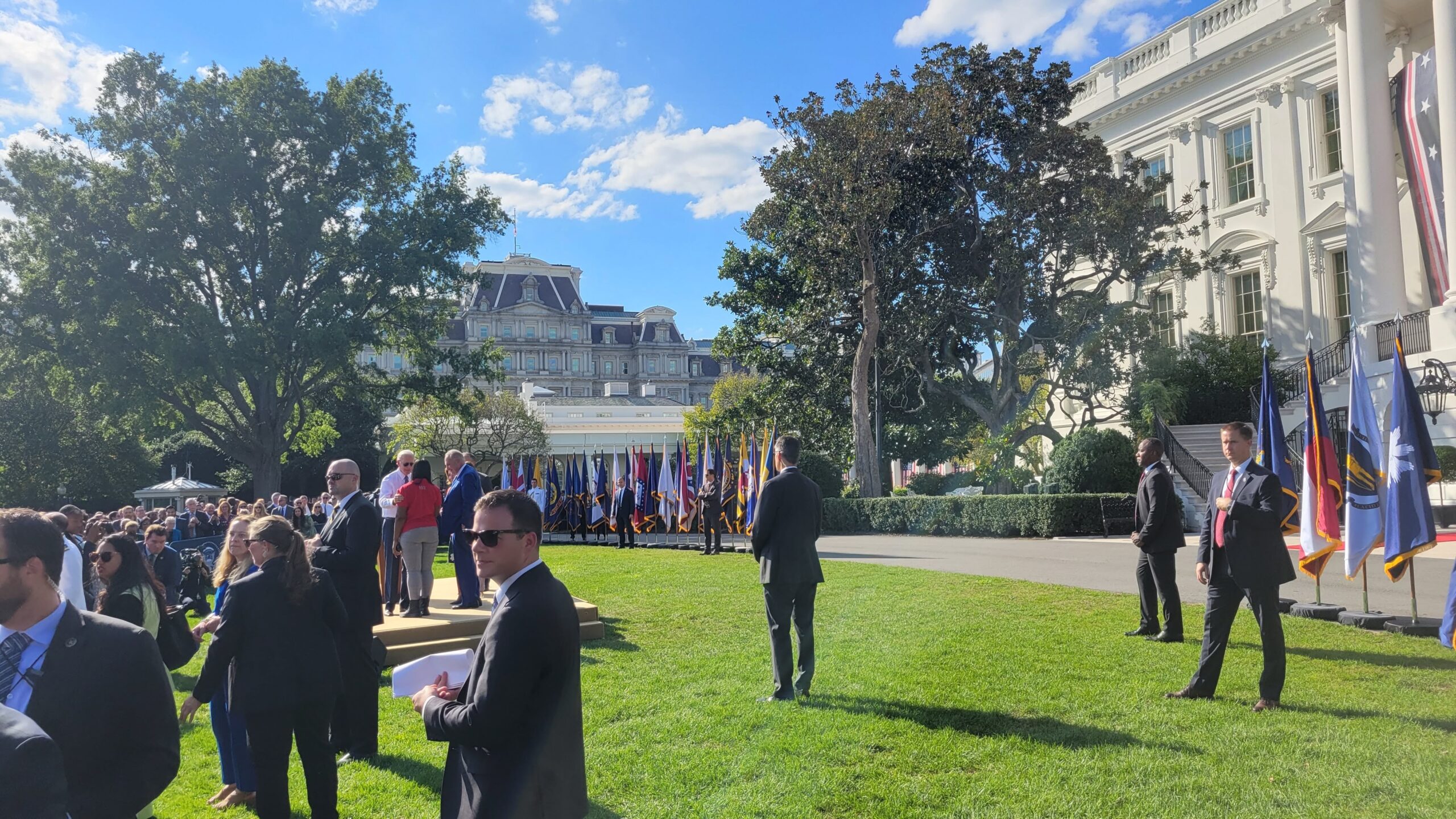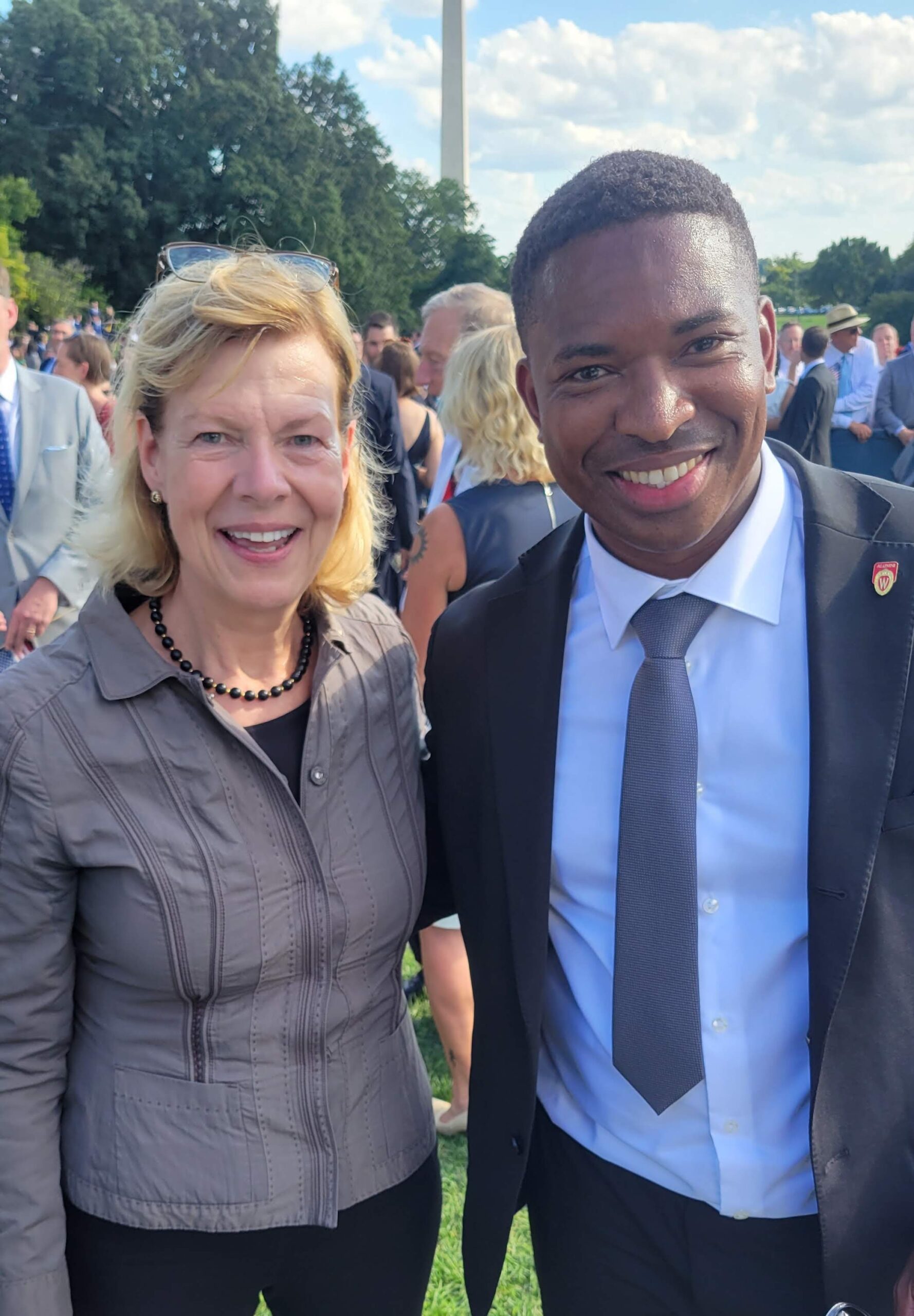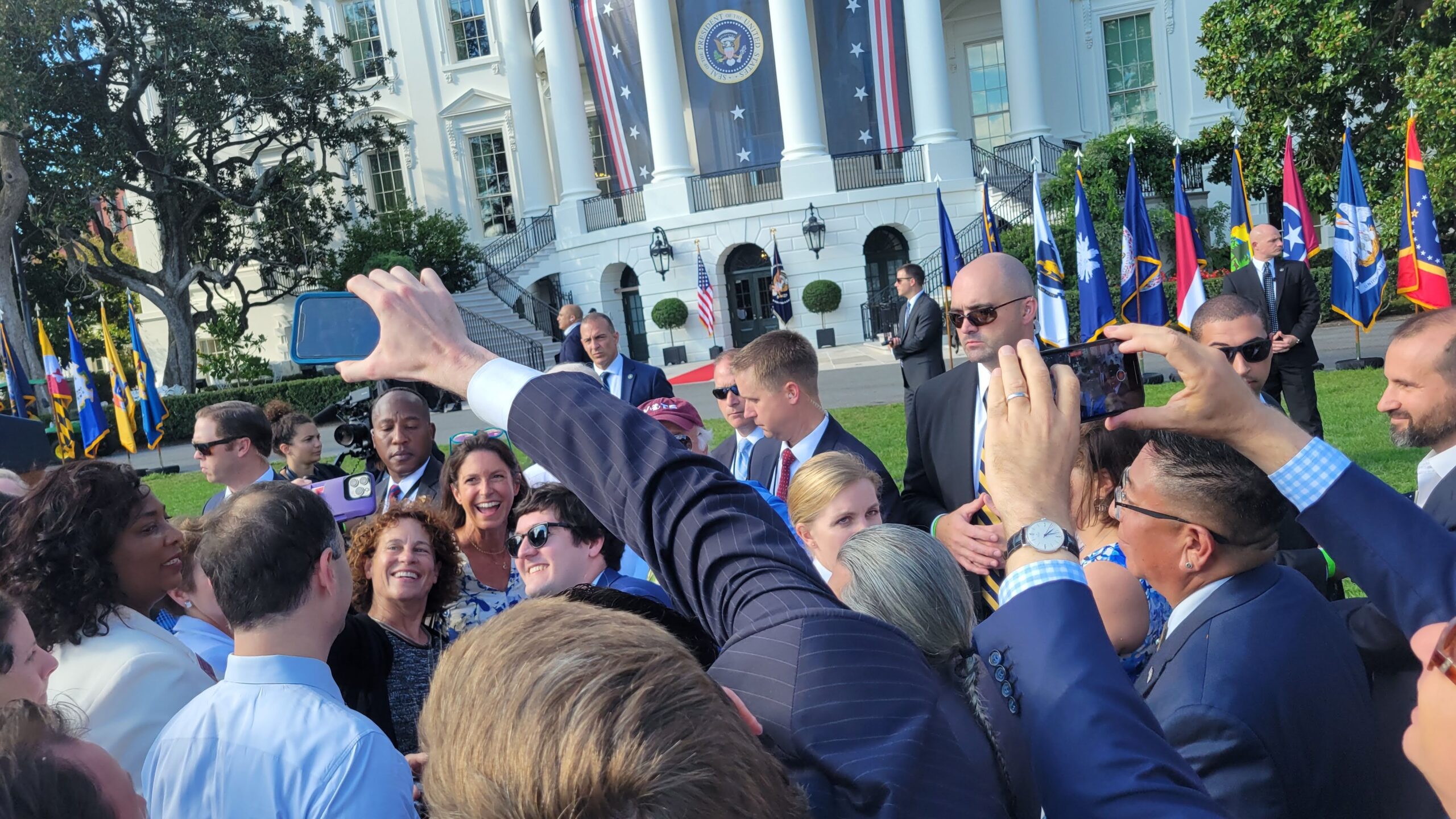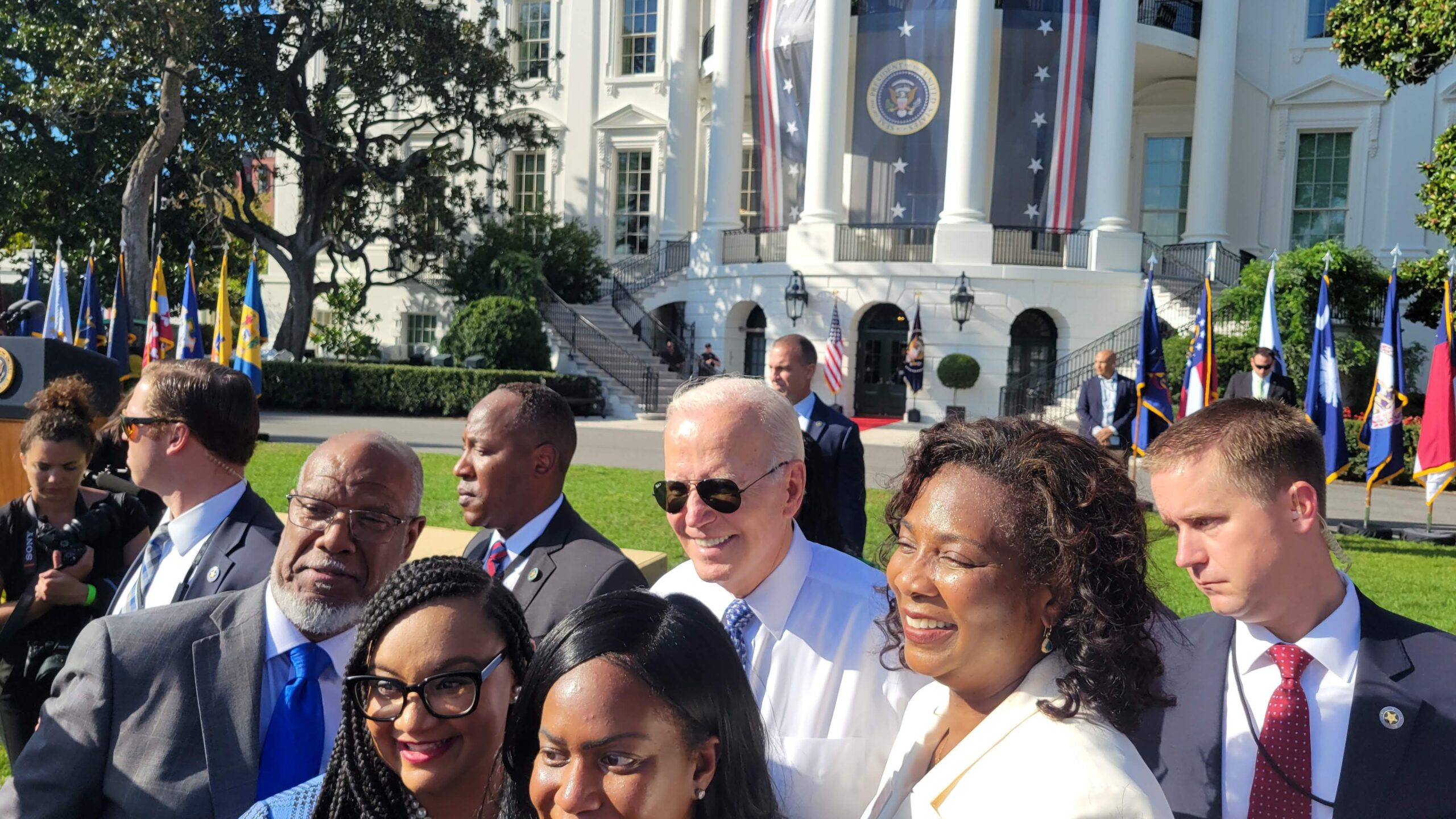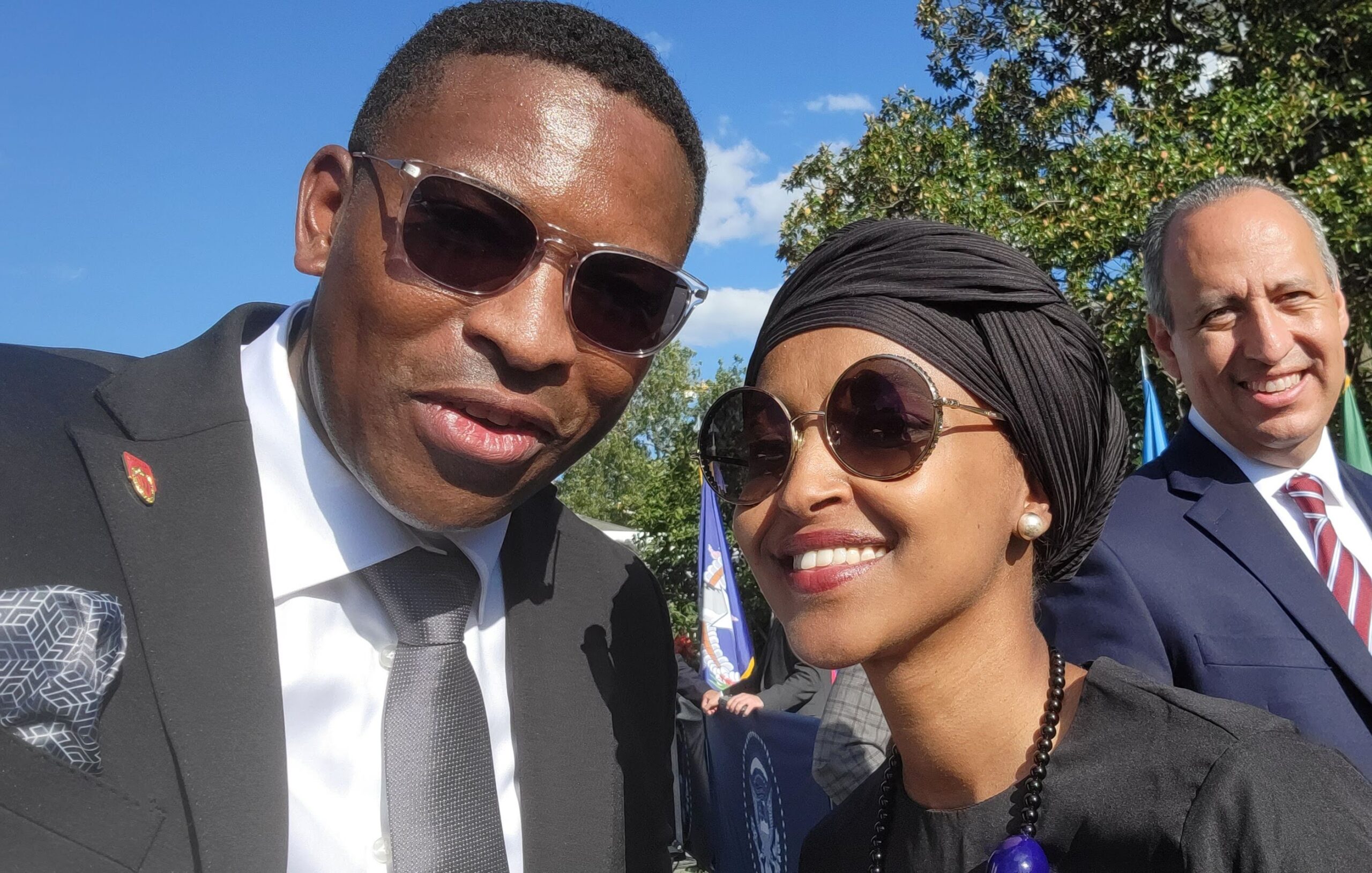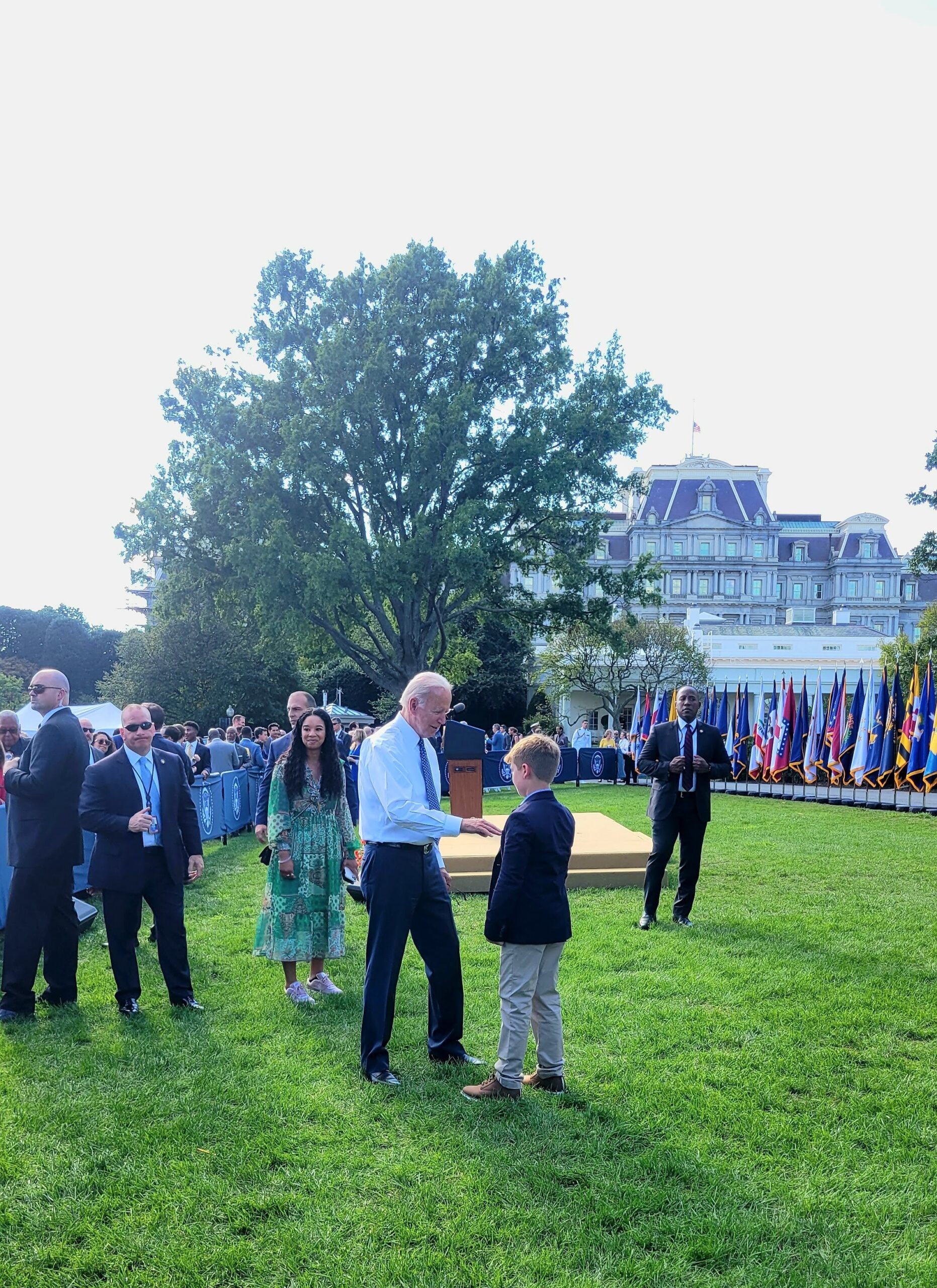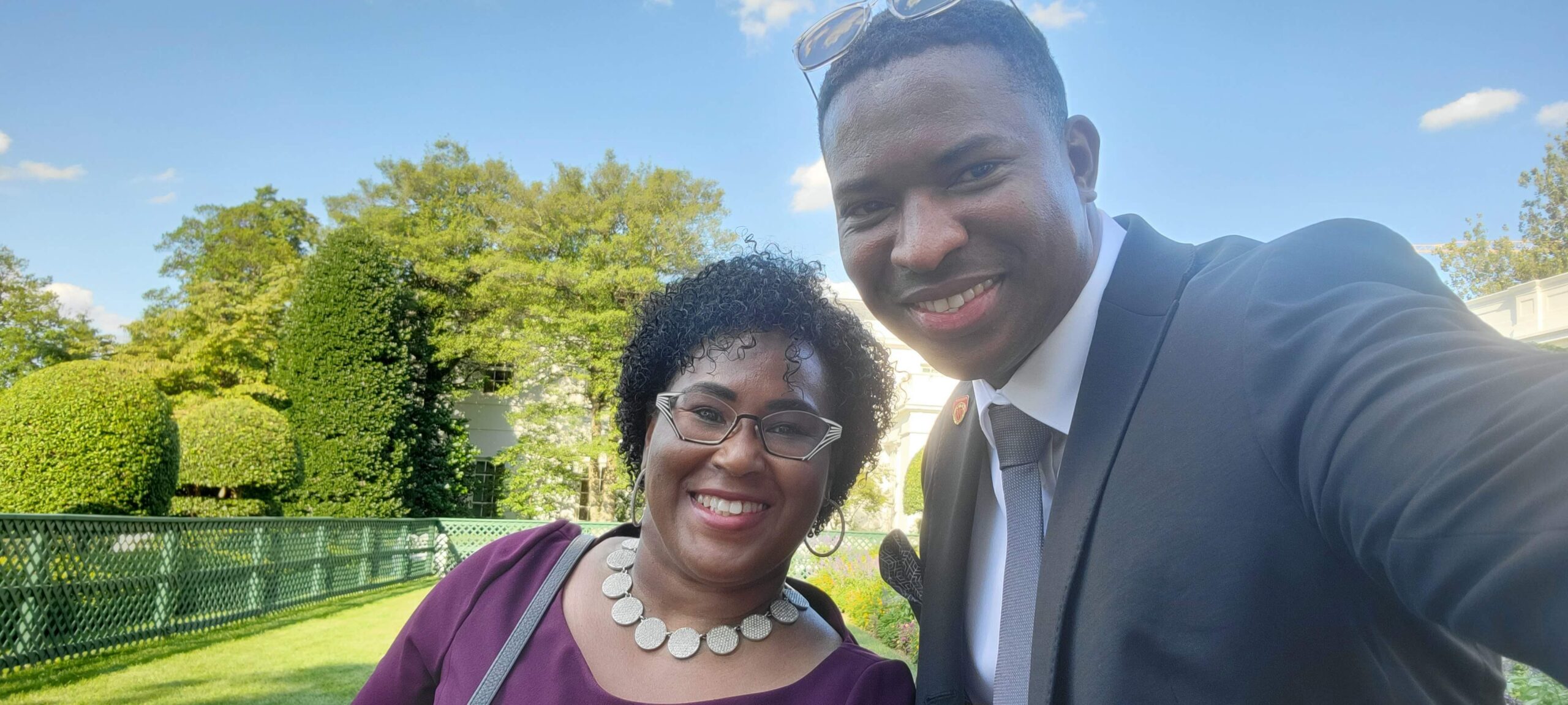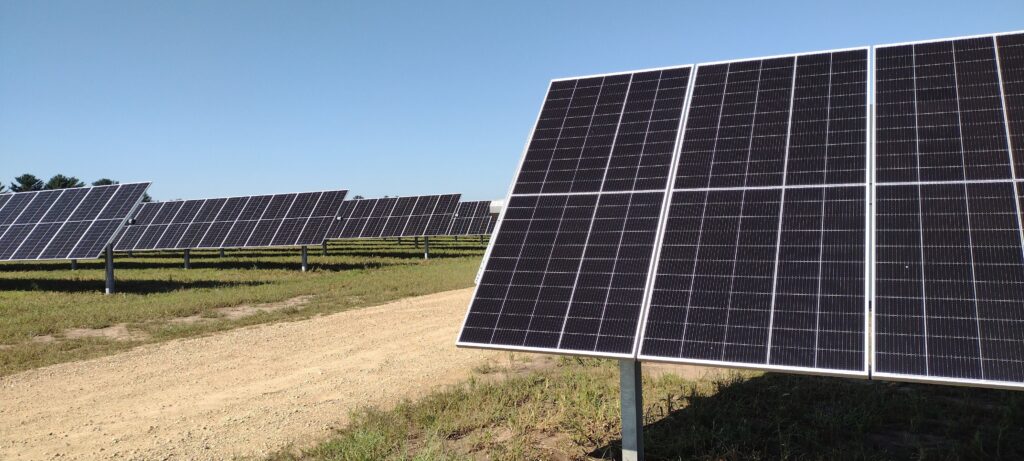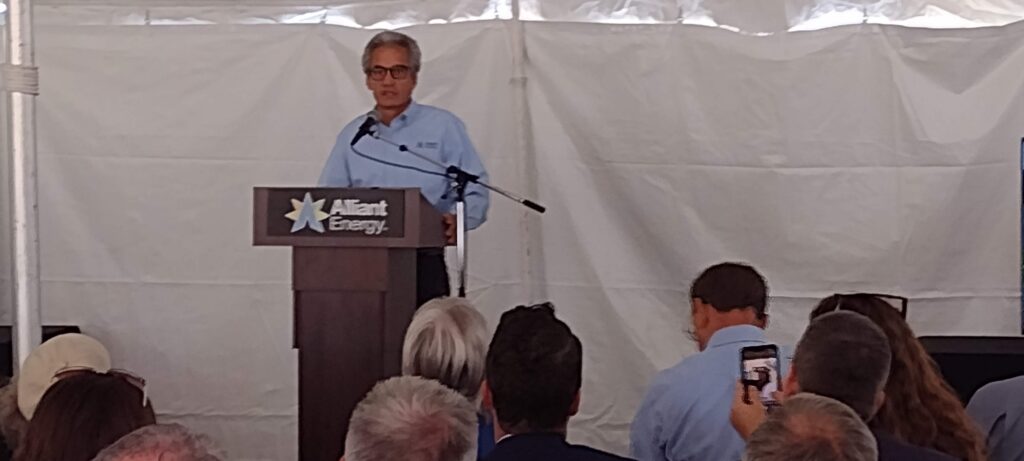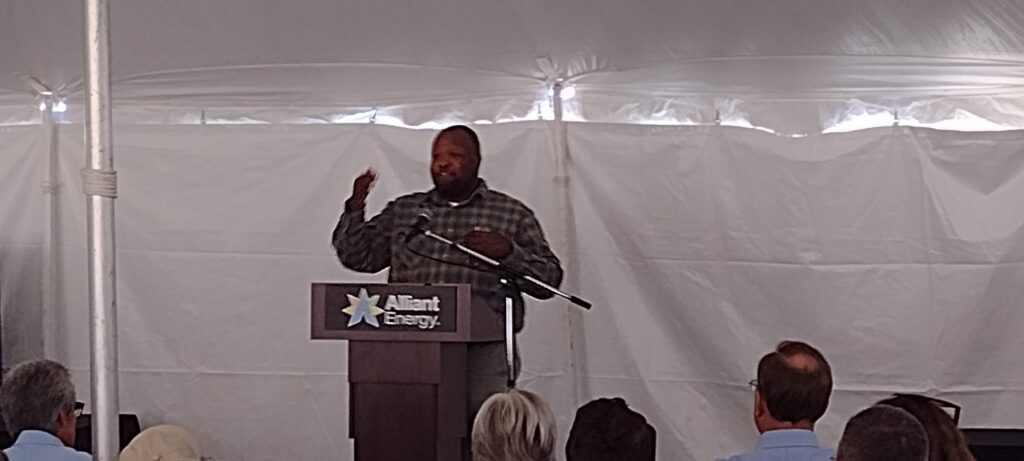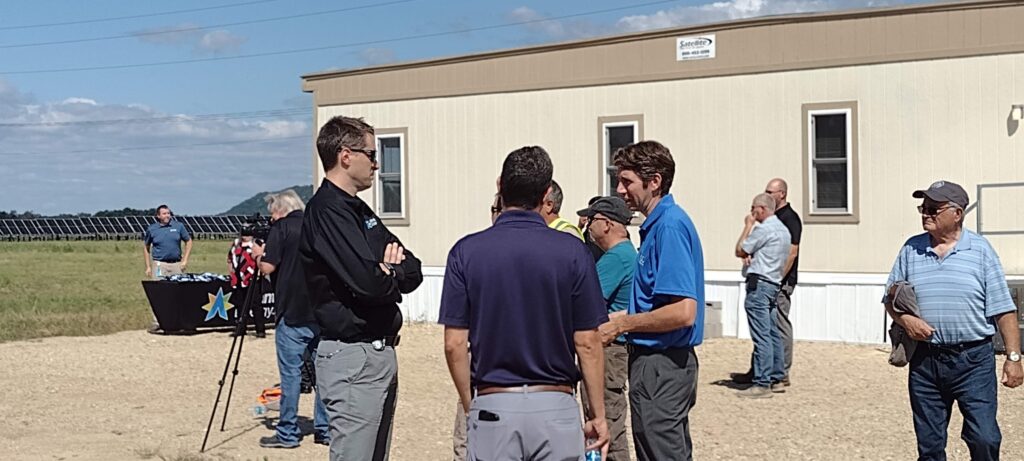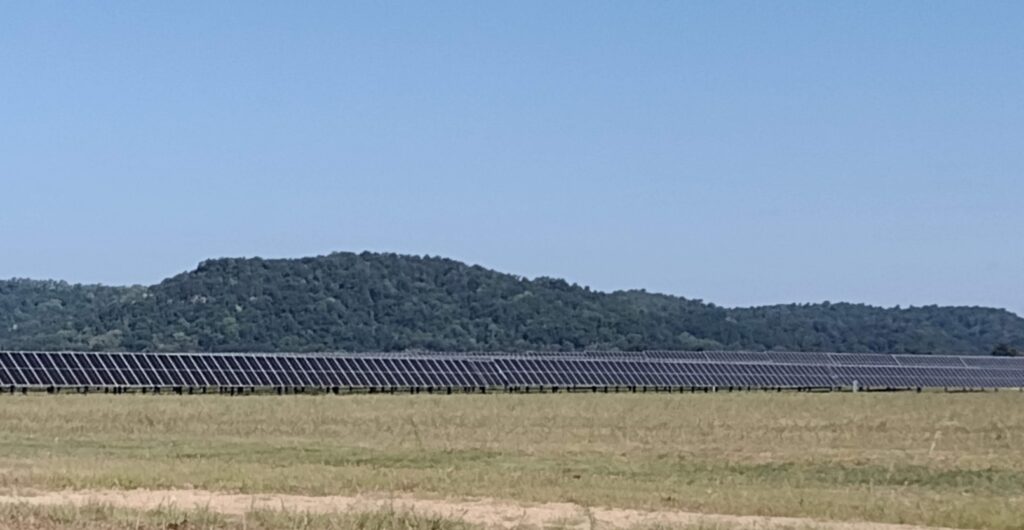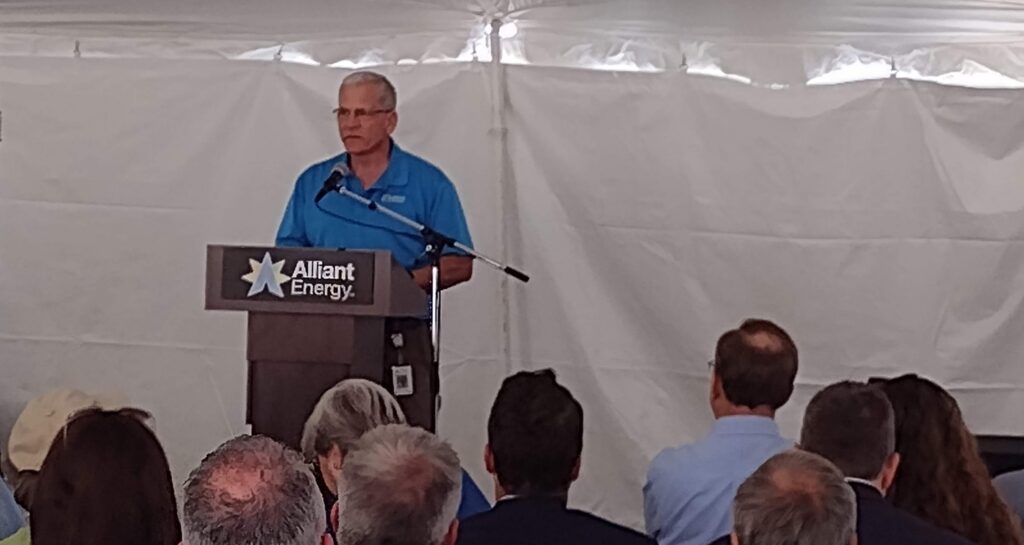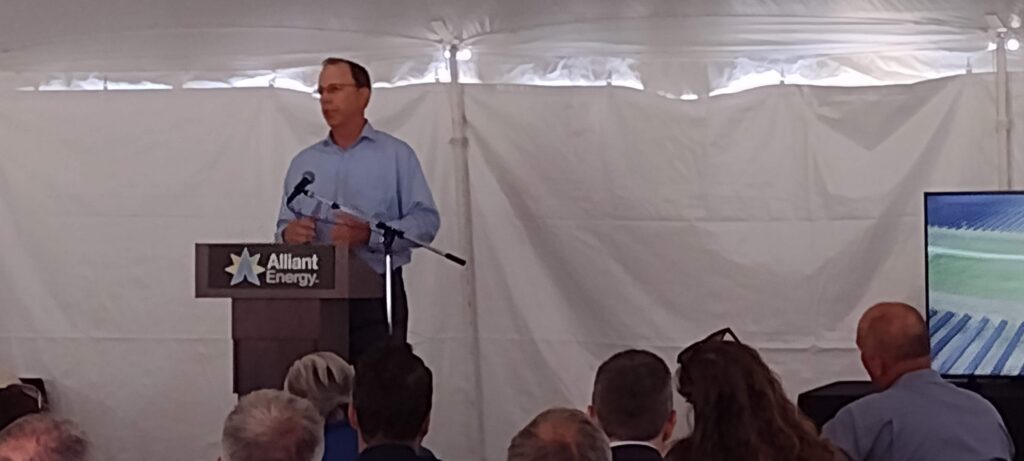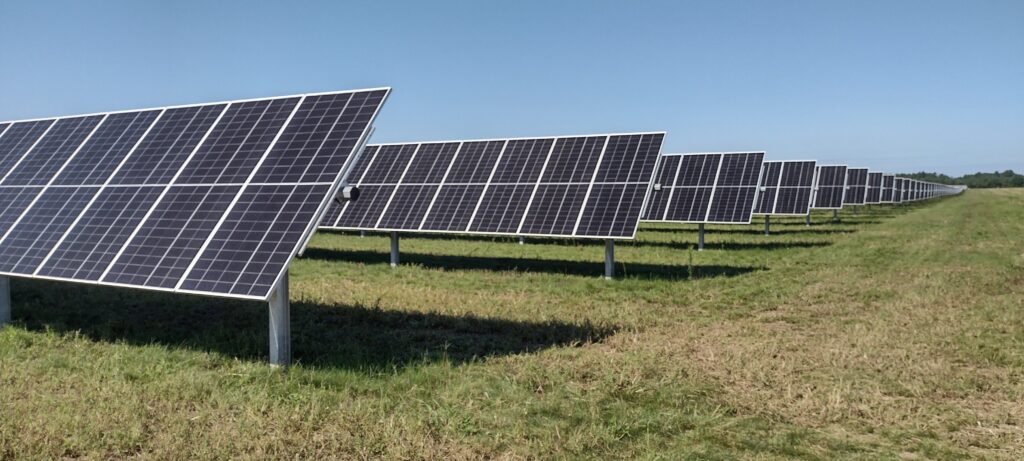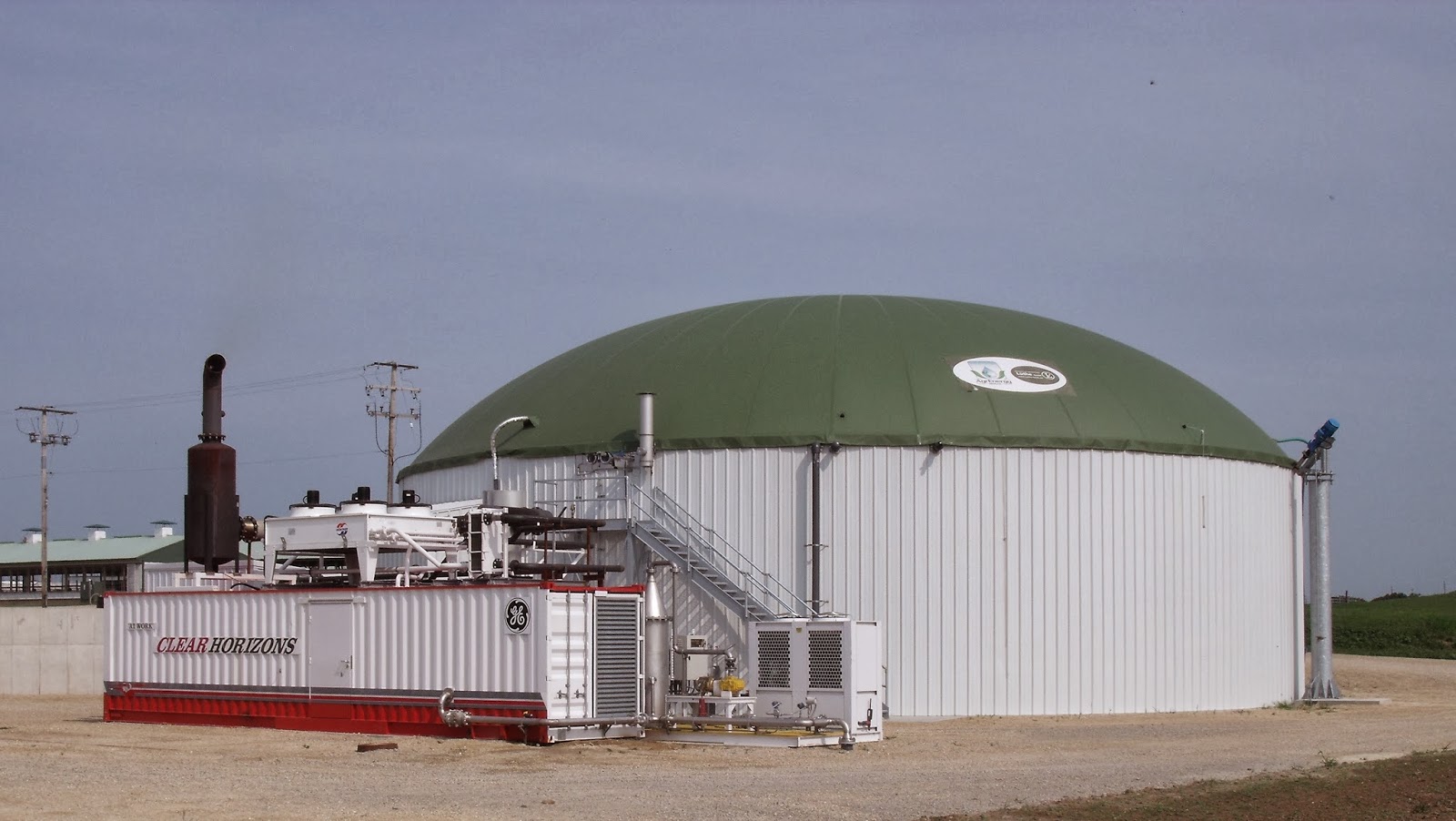
by Sam Dunaiski | Oct 18, 2022 | Advocacy, Biogas, Community, Geothermal, Local Government, Local Initiatives
County Executive Joe Parisi has issued his 2023 budget, which once again prioritizes environmental action and includes initiatives to implement the County’s robust Climate Action Plan. RENEW is asking Dane County advocates to write a letter to Dane County Board Members to support the proposed budget.
A major portion of the budget includes work to achieve its goal of 100% renewable energy for County facilities by the end of 2023. These items will significantly contribute to the ongoing effort to reduce emissions, help the County achieve carbon neutrality in its facilities and fleet by 2030, and cut countywide emissions in half. Included in the proposed budget:
- $4.5 million for the development and installation of carbon capture technologies at the RNG facility at the landfill
- $3 million for feasibility work and acquisition of a site to develop a commercial-scale manure treatment facility to capture manure from up to 30,000 cows in the north Mendota watershed reducing methane emissions comparable to removing 20,000 cars.
- Almost $900,000 to start work on campus-wide geothermal systems for the East District Campus (Medical Examiner and Highway Garage) along with the Badger Prairie campus in Verona.
- Almost $100,000 in additional resources for the Office of Energy & Climate Change and our efforts to accelerate countywide climate action
- $2 million for ongoing “Suck the Muck” efforts to remove phosphorous from our waterways
- $3 million plus new staff positions to continue sediment dredging that improves water flow between our lakes, reducing flooding risks exacerbated by climate change
- $2 million for the Dane County Continuous Cover Program, which funds private landowner efforts to convert marginal cropland to perennial cover, reducing runoff and sequestering carbon
- $10 million for the Dane County Conservation Fund to continue County land acquisitions that help improve water quality and allow opportunities for prairie and wildlife restoration
- $3 million for additional regional bike trails
RENEW Wisconsin is asking Dane County advocates and allies to support Executive Parisi’s budget approval with the County Board. Here’s how you can help:
- Write a letter in support of Executive Parisi’s proposed budget. Your letter can focus on any of the above bullet points and how these initiatives would improve the overall health, economy, and well-being of Dane County. Ask the Board of Supervisors to approve Executive Parisi’s 2023 budget.
- You can find contact information for Dane County Supervisors HERE.
Thank you for weighing in on this important issue!
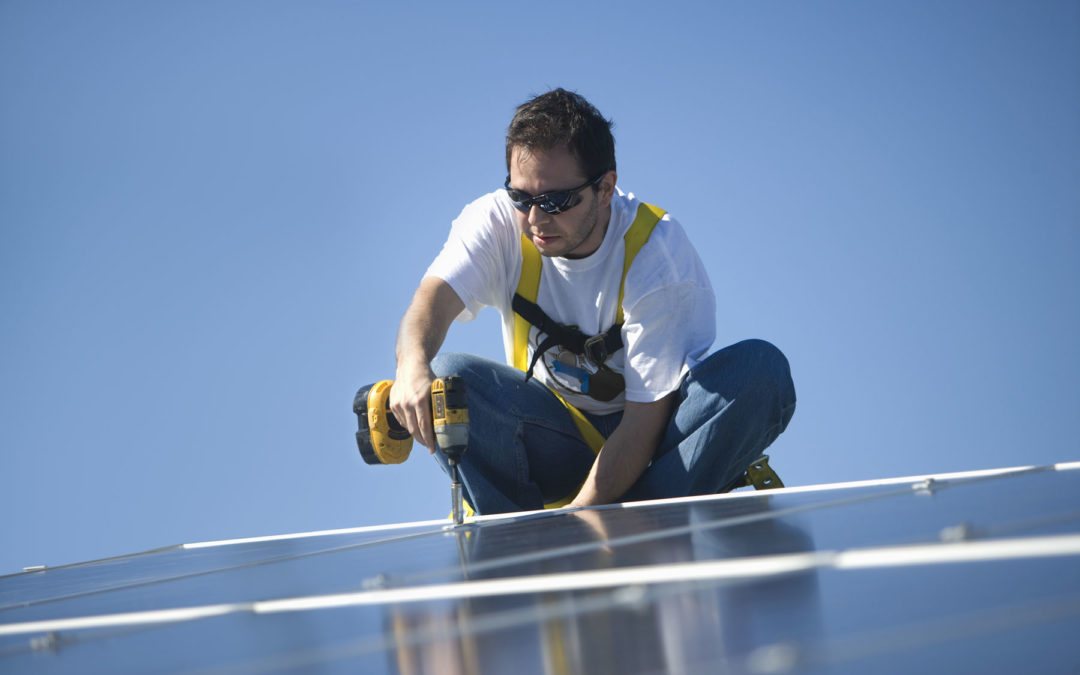
by Sam Dunaiski | Oct 4, 2022 | Renewables, Solar
This blog was originally published on April 21, 2020, and has been reposted with edits.
With solar energy becoming more popular and affordable, new solar firms are setting up businesses in Wisconsin. This competition is good for our solar energy market, but can also increase the possibility of bad business practices in the industry.
For example, three years ago, customers in southeast Wisconsin were left with incomplete projects after a Utah-based company failed to complete its solar arrays. In 2018, another solar firm failed to complete dozens of projects in Minnesota and Wisconsin, defrauding homeowners of over one million dollars. More recently, Minnesota Attorney General Keith Ellison sued 4 solar companies for fraudulent business practices, and the Attorney General’s office of Iowa is investigating a large uptick of complaints against solar companies accused of defrauding homeowners. Many customers are looking at payments for solar systems that are not fully connected, or in some cases, the company has neglected to do any work whatsoever.
Burke O’Neal of Full Spectrum Solar in Madison says that homeowners should exercise caution if they are solicited with a solar energy system for their homes. “Customers should look for installer experience and expertise,” said O’Neal. “Make sure your company has appropriate licenses and insurance. And look for a company with an office, truck, and warehouse. If a company asks for big payments upfront, that’s a serious red flag.”
As renewable energy advocates, RENEW wants to help Wisconsinites realize the promise of solar energy. These bad headlines can damage Wisconsin’s network of solar contractors and the concept of renewable energy as a whole.
If you’re considering solar PV for your home, here are a few important points to consider:
- Contact a reputable solar contractor. It can be very difficult to know who is reputable and who is not. You can begin by looking at our map here at RENEW Wisconsin, or this Midwest Renewable Energy Association list. You do not need to limit yourself to these lists, but this is a good place to start.
- Obtain at least three solar system proposals. This will help you choose the best system for your needs and budget.
- Cross-check your contractors with a third-party rating system. The Better Business Bureau, Consumer Affairs Office, Angie’s List, or other independent reviewers should provide insight on which companies are experienced and reputable.
- Find out if your contractors have a license to work in your area and if they have a licensed electrician on staff. Ideally, you’ll want to choose a NABCEP-certified contractor, but you do not need to limit yourself exclusively to these firms.
- Conduct more research. Talk to other homeowners who have gone through the process.
Once you are confident you’ve chosen a qualified contractor, have a representative from the firm answer these questions:
- How long have they been in business?
- How many systems have they installed?
- What warranties on labor and materials are offered?
- Who to contact if there’s a problem?
- Select a proposal. The firm will issue you a contract for the solar project. Examine the financials of the contract. Ensure the total price, payment schedule, and cancellation policy are spelled out. Make sure you understand all the warranties offered.
If your solar contractor can’t provide the answers to these questions, or if you’re unsure about the process in general, contact us at RENEW Wisconsin.
A home solar PV system is a major purchase, and it’s important to take the time to make the right decision for yourself and your home. If you’re considering purchasing a solar system, don’t hesitate to ask your solar contractor many questions. It can also help to talk with other homeowners who have gone through the process. Buying a solar array may feel overwhelming, but following these steps will help ensure you’re choosing the right company for the job.
If you have had a bad experience with a solar installation firm, you can submit a consumer complaint with the Department of Agriculture, Trade and Consumer Protection (DATCP). DATCP also has information on Solar Power Buying Tips and Home Improvement Consumer Tips.
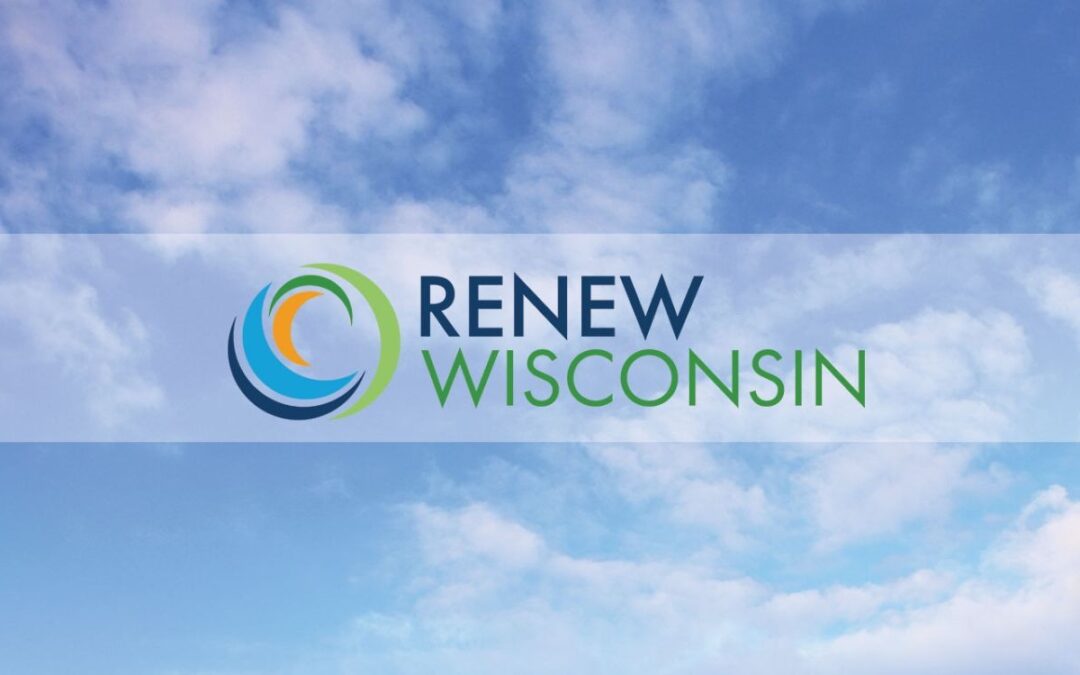
by Michael Vickerman | Sep 30, 2022 | Community Solar, RENEW Wisconsin, Renewables, Solar
After much internal deliberation, RENEW Wisconsin decided to end its 28-year membership in Customers First! Coalition (CFC). RENEW was a founding member of CFC, an organization whose diverse membership supported a balanced approach to shaping Wisconsin’s energy policy. For many years, RENEW’s participation in CFC yielded positive results in the form of legislation that served to drive utility investments in renewable generation, such as the state’s Renewable Portfolio Standard. However, as renewable energy technology and economics have advanced, we have had growing differences in various State policies that would allow utility customers to expand their renewable energy options. Because of this, RENEW Wisconsin felt we could no longer support many of the official positions of the CFC, and it was necessary to withdraw as a member.
RENEW sent a letter on September 28 informing CFC Directors of our decision to exit the coalition, listing three of the latest high-priority policy initiatives that RENEW supports and CFC opposes:
- Policies to affirm 3rd party financing of behind-the-meter renewables;
- Expansion of community solar options to serve all Wisconsin customers; and
- Customer-sited solar generation supplying power to commercial electric vehicle charging stations.
In explaining our advocacy for policies that CFC finds objectionable, we pointed to the continuing evolution in technology and economics.
While RENEW acknowledges the many benefits that Wisconsin energy consumers derive from effective utility regulation, it is crucial that our regulatory framework remain responsive to the ongoing evolution in renewable energy technology and economics. Distributed energy resources today can deliver a level of savings and operational flexibility to customers that were considered unthinkable 15 years ago. If Wisconsin is serious about clearing pathways for such beneficial electrification technologies as solar and storage, electric vehicle charging, heat pumps, and community solar, it must update and clarify the utility regulations that presently hinder customers from pursuing those options.
by Heather Allen | Sep 26, 2022 | RENEW Wisconsin
Dear RENEW Wisconsin Members and Supporters,
Since March 2020, I have served as RENEW Wisconsin’s Executive Director. In these last 2.5 years, solar installations multiplied while electric vehicles and building electrification technology became more accessible. Meanwhile, RENEW Wisconsin has grown. We launched the new SolarShare Wisconsin Cooperative, expanded our programs, developed a zero-carbon roadmap, deepened our technical expertise, and supported new bipartisan clean energy legislation.
It has been the great joy of my life to serve as RENEW’s Executive Director. Our staff is talented and dedicated. Our supporters’ energy and generosity are unparalleled. It’s an honor to be part of this community. That said, beginning in October, due to personal circumstances, I will step down as Executive Director and start a new role as Advisor. In this new role, I will support RENEW’s operations, policy work, and programs.
RENEW Board Member, Jessica Niekrasz, stepped in as Interim Executive Director in July, and she will stay in this leadership role until the end of the year. I thank her for providing expert guidance and direction to RENEW. RENEW staff and board are true testaments to the strength and tenacity of our organization.
Since 1991, RENEW Wisconsin has been the state’s leading voice for renewable energy. We have grown from a one-person advocacy organization to an expert nine-person team. RENEW membership has grown by over 50% in the past five years alone. Through political obstacles, our team has triumphed in advancing clean energy in Wisconsin. With the passage of the historic Inflation Reduction Act, Wisconsin is poised to accelerate clean energy adoption. RENEW is ready to lead this transition.
It is an exciting time for clean energy in Wisconsin. I know that the future of RENEW Wisconsin is exceptionally bright, and I am grateful to be a part of our community. I want to thank you for all your support of RENEW and me since I joined RENEW in 2018.
Sincerely,
Heather Allen
Executive Director
RENEW Wisconsin
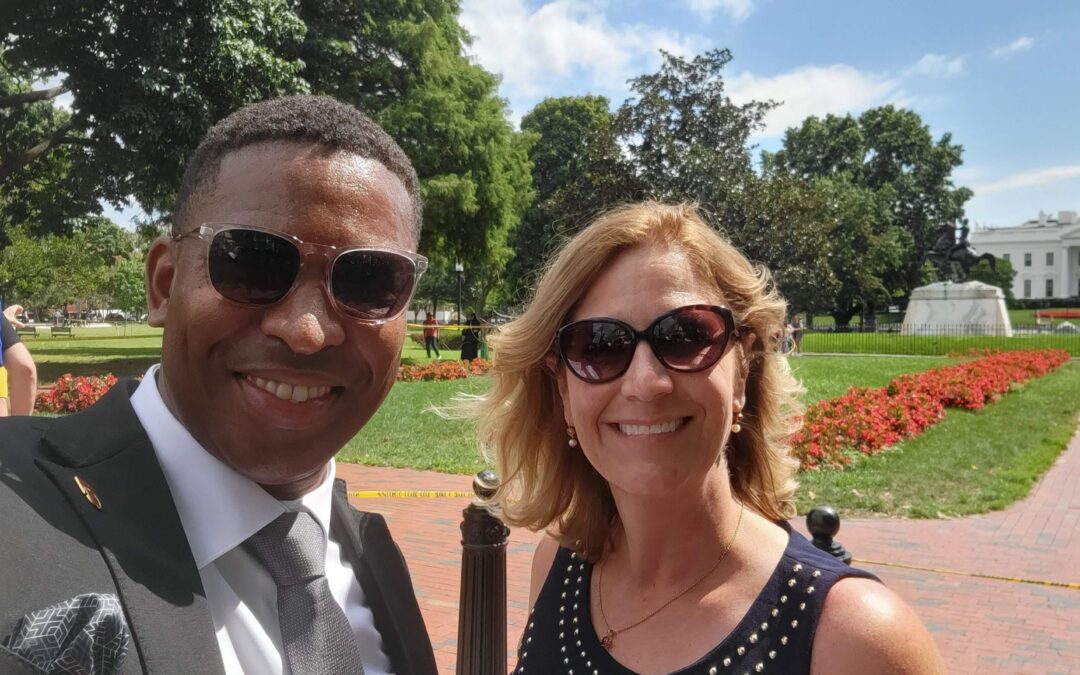
by Francisco Sayu | Sep 16, 2022 | Community, Electric Vehicles, Electrification, Events, Solar, Sustainability
With an invitation extended by Governor Tony Evers, RENEW’s Interim Executive Director, Jessica Niekrasz, and Emerging Technology Director, Francisco Sayu, joined President Biden, his cabinet, and lawmakers at the White House on Tuesday, September 13, to celebrate the Inflation Reduction Act (IRA).
The celebration – including a surprise appearance by James and Kim Taylor – was a stunning reminder of our collective power to accomplish “big things” when we work together. “Today offers proof that the soul of America is vibrant, the future of America is bright, and the promise of America is real,” Biden said during his speech on the South Lawn.
RENEW applauds the Biden administration for signing the IRA – the most significant climate legislation ever passed in the U.S. The IRA includes $369 billion to help families save money on energy, improve quality of life, create stable jobs, and fight climate change by reducing carbon emissions.
RENEW is dedicated to building a stronger, healthier, more vibrant Wisconsin through the advancement of renewable energy. The clean energy investments in the IRA will boost renewable energy and beneficial electrification in Wisconsin, limiting our dependence on imported gas and petroleum. This market transformation is needed to begin transitioning our economy away from fossil fuels that bleed our state’s economy by $14 billion yearly.
Wisconsin Families that take advantage of the clean energy incentives and electric vehicle tax credits in the IRA could save more than $1,000 per year. Here are some of the benefits available to Wisconsin residents:
- Up to $14,000 in direct consumer rebates for families to buy heat pumps or other energy-efficient home appliances, saving families at least $350 per year.
- 30% tax credit to install rooftop solar systems, saving families $9,000 over the system’s life or at least $300 per year.
- Up to $7,500 in tax credits for new electric vehicles and $4,000 for used electric vehicles, helping families save $950 per year.
The clean energy investments in the IRA support the Governor’s climate goals, as outlined in Wisconsin’s Clean Energy Plan. These investments will help power homes, businesses, and communities with homegrown renewable energy, improve health outcomes, and create stable jobs for residents of Wisconsin.
RENEW was honored to be at the White House representing the great state of Wisconsin and thanks Governor Tony Evers for this incredible opportunity. Inclusion at this historic celebration is a testament to the incredible work the RENEW team has been doing for over thirty years. We look forward to helping our state take advantage of the opportunities offered by the IRA, and will continue to support access to clean energy for families, businesses, and communities in Wisconsin.
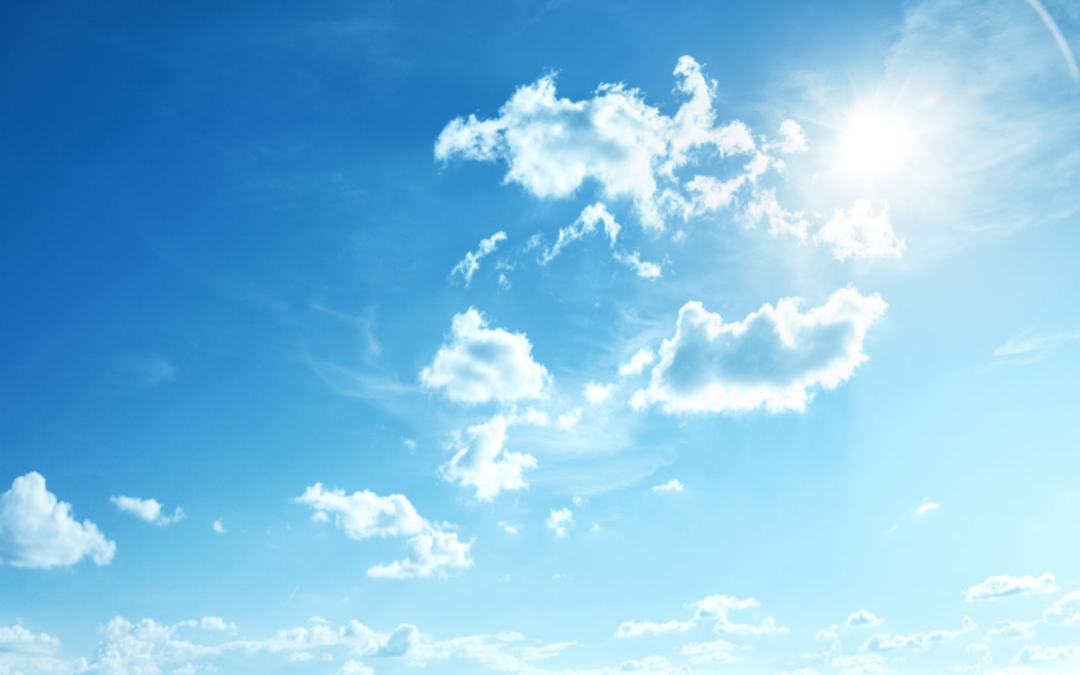
by Sam Dunaiski | Aug 31, 2022 | Advocacy, Biogas, Electrification, Energy Storage, Geothermal, Hydroelectric, Renewables, Solar, Wind
The world of clean energy received a monumental win earlier this month with the passage of the Inflation Reduction Act. The Inflation Reduction Act (IRA) will be the backbone of the United States’ effort to decarbonize our energy sector, spur clean energy implementation across all demographics, and significantly grow the clean energy economy.
Here is a breakdown of the bill’s elements:
Renewable Energy Generation
Investment Tax Credits
- Residential Solar: 30% Investment Tax Credit (ITC) on project costs until the end of 2032, with a step-down of 26% in 2033 and 22% in 2034. Credits are retroactive for residential installations from 1/1/2022, meaning that homeowners who installed a solar array at any point in 2022 will qualify for the 30% ITC.
- Commercial Solar: 30% ITC on project costs until the end of 2024 (ITC on commercial solar is also retroactive to 1/1/2022). Beginning in 2025, the ITC will be replaced by technology-neutral credits, with the following rules in place:
- 6% base credit; bonus credits up to 30% of costs if the project meets union labor, prevailing wage, and apprenticeship requirements. These requirements do not apply to projects less than 1 megawatt (MW) in size.
- 10% bonus credits if the project meets domestic content requirements.
- 10% bonus credits if the project is sited in an “energy community” – a brownfield site or a community with a recent coal plant closure.
- 10% bonus credits if the project is sited in a low-income community. This only applies to projects that are 5 MW and less.
- 20% bonus credits if the project qualifies as directly serving a low-income residential facility or another economic benefit system.
- Interconnection costs -for projects less than 5 MW- with the utility can be included in the credits.
Production Tax Credits
While the Investment Tax Credit applies to the upfront purchase of parts, materials, and labor, the Production Tax Credit (PTC) functions differently. This credit is a direct payment and applies to the production or output of the generation source. This generation source can be solar, wind, geothermal, biomass, and hydropower, to name a few. These credits are also retroactive from 1/1/2022.
Here is how the PTC breaks down:
- Direct pay value: $0.026 per kilowatt-hour (kWh) starting in 2022; rate rises with inflation.
- Bonus credit of 1.5 cents/kWh if union labor, prevailing wage, and apprenticeship requirements are met.
- 10% bonus credits if domestic content requirements are met.
- 10% bonus credits if the project is sited in an “energy community” – a brownfield site or a community with a recent coal plant closure.
- The PTC is available for nonprofits, state and local governments, rural electric cooperatives, tribal governments, and/or other tax-exempt entities. These organizations previously did not qualify for the ITC.
- PTC will also apply to utility-scale projects.
- Credits are available for ten years after the project is placed into service.
- Direct pay/PTC is not available for residential solar installations.
- PTC is transferable after 2022; however not for individual taxpayers.
- Commercial solar projects can choose either the ITC or the PTC.
Electric Vehicles
New EVs: (Effective 8/16/2022)
- $7,500 tax credit to be divided into two separate credits:
- $3,750 credit for electric vehicles with batteries produced in North America.
- $3,750 credit for electric vehicles using a certain percentage of critical battery minerals extracted or processed in the U.S.
- Vehicles meeting only one requirement will only be eligible for a $3,750 credit.
- Vehicles must cost less than:
- Vans < $80,000
- Pickups and SUVs < $80,000
- Cars < $55,000
- Income requirements:
- Joint tax return < $300,000
- Head of household < $225,000
- Single-payer < $150,000
- Credit will eliminate the limit of 200,000 vehicles per manufacturer.
Commercial Clean Vehicles: (Effective 01/01/23)
- Up to $40,000 tax credit for commercial electric vehicles.
Used EVs: (Effective 01/01/2023)
- $4,000 tax credit or 30% of the vehicle’s sale price.
- The vehicle’s model year must be at least two years older than the current “new” model year.
- Vehicle cost must be less than $25,000.
- Income requirements:
- Joint tax return <$150,000
- Head of household <$112,300
- Single-payer <$75,000
- Used EV tax credits will continue until the end of 2032.
EV-Charging:
- Credits for EV-charging equipment and infrastructure will increase up to $100,000.
- Equipment must be located in a qualified census tract, with similar bonus credits if prevailing wage and apprenticeship requirements are met.
- A direct pay or PTC option is available for charging with transferrable credits.
- Credits will be available until 2032.
Battery Storage
Effective as of 1/1/2023
- 30% ITC for the cost of installation; credits last until 2033. To qualify, batteries must be larger than 3kWh for residential installations and larger than 5kWh for commercial installations.
- Commercial battery credits have similar sliding scales as other ITC items: baseline of 6% with increasing credits for prevailing wage, labor, location, etc.
- Battery storage systems will no longer need to be coupled with solar generation systems to qualify for tax credits.
Energy Efficiency and Electrification
Effective as of 1/1/2023
Federal Tax Credit
- Heat Pumps: 30% of costs, up to $2,000
- Electric Upgrades: 50% of costs, up to $1,200/year
Upfront Discounts
- Incentive levels and eligibility are determined by income
- Heat Pumps: rebates for up to $8,000
- Electric Upgrades: up to $4,000 for breaker boxes/electric service; $2,500 for wiring, and $1,600 for insulation/venting/sealing
Manufacturing and Production
Effective as of 1/1/2023
- $30 billion in PTC to manufacture solar panels, trackers, inverters, wind turbines, batteries, and other critical minerals.
- Solar PV cells – $0.04/watt
- Solar-grade polysilicon – $3/kg
- Solar modules – $0.07/watt
- Wind components – 10% of the sales price
- Battery cells – $35/kWh
- Critical minerals – 10% of the cost of production
- $10 billion in ITC funding for building new facilities to manufacture clean energy products; $4 billion of these funds must be allocated to “energy communities.”
- $500M for manufacturing heat pumps and processing of critical minerals necessary for heat pump production.
Other Items
- Carbon Sequestration Credits (ITC or PTC) for facilities that begin construction before 2033 and provide direct air capture of carbon dioxide. Credits will be issued by a metric ton of carbon capture.
- Clean Hydrogen – credits for production -by unit- of green and blue hydrogen that can be used to offset traditionally carbon-based fuels.
- Sustainable Aviation Fuel – credits for SAF produced by unit (gallon) with increasing credits based on a percentage of greenhouse gas reduction.
- Biodiesel/Alternative Fuels – production credits for fuels produced based on life-cycle emission levels.
- Methane Fees – fees imposed by EPA for facilities that emit more than 25,000 metric tons of CO2 annually.
Additional Provisions
- $500 million for the Defense Production Act, some of which could be used for solar manufacturing.
- Greenhouse Gas Reduction Fund totaling $29 billion overseen by the Environmental Protection Agency.
- Climate Pollution Reduction Grants to state and local governments totaling $5 billion.
- Environmental and Climate Justice Block Grants: $3 billion for disadvantaged communities.
- $2 billion in loan authority for new transmission construction in designated national interest corridors.
- $760 million for the Department of Energy to issue grants to state, local or tribal entities to facilitate siting of high-voltage interstate transmission.
- Additional $1 billion for rural renewable energy electrification loans and expansion of the program to include storage.
- Additional $1 billion for Rural Energy for America Program (REAP), with total grants limited to 50% of the total cost of an eligible project.
- $9.6 billion for loans and financing for rural co-ops to purchase renewable energy, generation, zero-emission systems, and related transmission, limited to 25% of total cost.
- Incentives for build-out of electric vehicle charging networks.
- Extension, expansion, and changes to electric vehicle tax credits, including a new credit for purchasing used EVs.
Conclusion
Much of the implementation and administration of the Inflation Reduction Act is still not understood. This document is meant to summarize the items in the bill that RENEW Wisconsin considers particularly important to the clean energy transition in our state.
For additional information, please utilize the following resources:
Please contact Sam Dunaiski (sam@renewwisconsin.org) with questions.
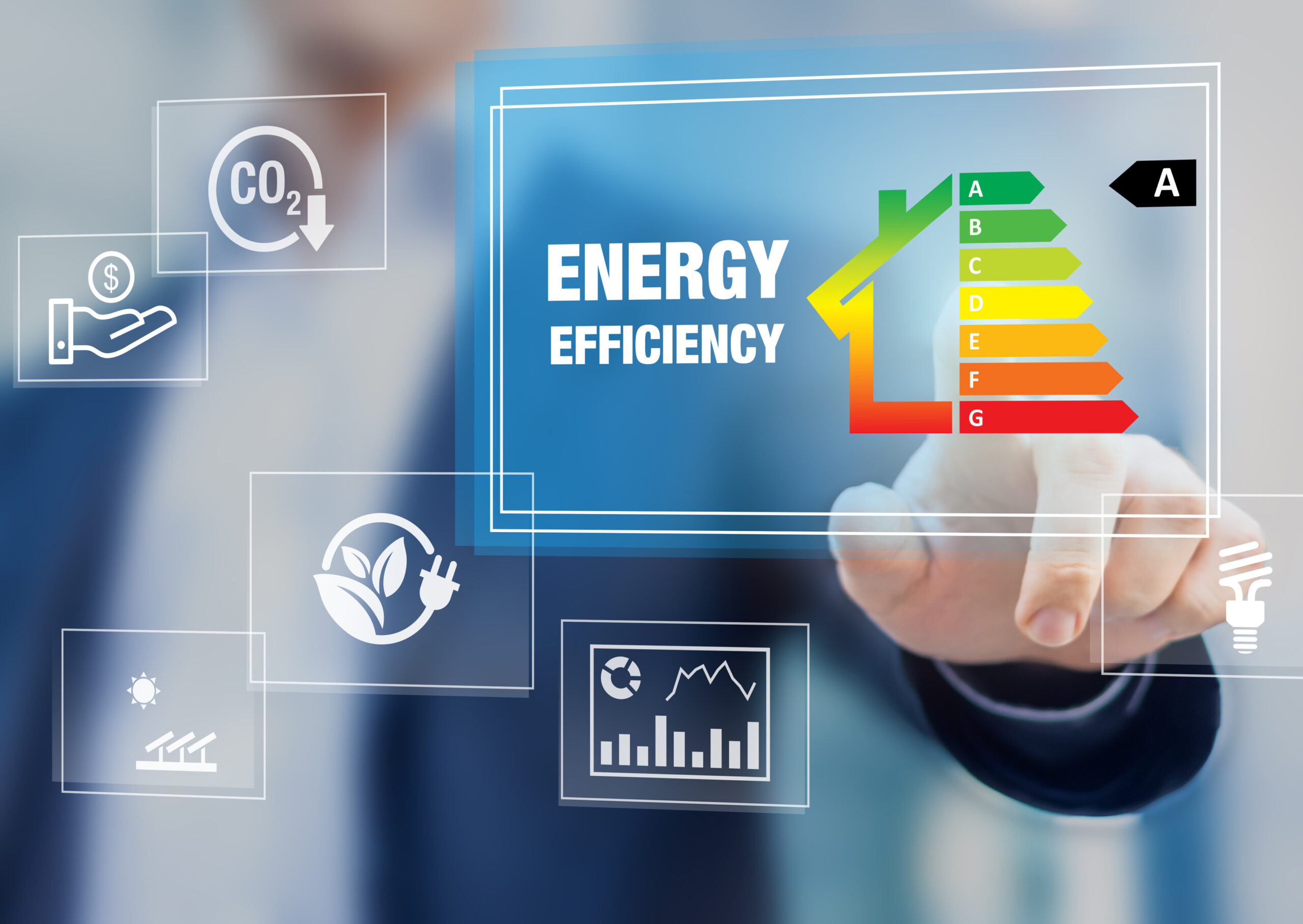
by Francisco Sayu | Aug 30, 2022 | Community, Electrification, Focus on Energy, Sustainability
Last month, I joined the Citizens Utility Board of Wisconsin in a virtual discussion about energy costs in the state. I discussed strategies to address rising energy costs during the panel, including energy efficiency and beneficial electrification. The panel focused on real-world actions residents can take to reduce their energy burden. You can watch the webinar replay by clicking on this link. Now, I want to talk about the resources we have to support individual efforts to fight soaring energy costs through energy efficiency. In particular, I want to talk about the Focus on Energy® Program. (Focus).
What do I mean by energy efficiency, and why should you care? Energy efficiency is the use of less energy to produce the same result. For example, a light-emitting diode (LED) lightbulb produces the same amount of light as an incandescent lightbulb using only 15 percent of the energy needed for the incandescent light because LED lights waste less energy in the form of heat. Energy efficiency is important because less energy saves you money on utility bills.
Most homeowners, renters, and businesses in Wisconsin can access resources – such as free Energy Saving Packs – and financial incentives to improve the energy efficiency of their homes and businesses through the Focus program. Focus is Wisconsin’s energy efficiency and renewable resource program that operates on behalf of 107 utilities. Since 2001 the program has saved Wisconsin residents over $1 billion.
Last spring, the Public Service Commission (PSC) made decisions regarding the overall policies and priorities for the next phase of the Focus program. Wisconsin law requires the PSC to review energy efficiency and renewable energy programs every four years. You can read the minutes of the PSC meeting here.
In summary, the PSC provided the following directions for the next four years (period from 2023 to 2026):
- Focus should play a more significant role in cost-effectively reducing carbon emissions. The next four years should serve as a transitional period during which the program continues emphasizing energy savings while progressing toward a transition to a greater emphasis on reducing carbon emissions.
- Focus shall not claim savings from fuel switching from unregulated fuels to electricity.
- Focus shall use the next four years as a transitional period to position the program to take on a more significant role in promoting beneficial electrification statewide.
- Focus shall develop and maintain a menu of options for voluntary utility programs to be shared with participating utilities.
- Focus shall maintain its current level of support for utility demand response programs.
- The Focus program should continue to offer income-qualified programs and coordinate with the Department of Energy weatherization program to further fill potential gaps in its low-income offerings, including community-based pilot(s) in targeted communities. The Focus Program Administrator shall convene a stakeholder group that includes community-based organizations that work with marginalized communities to address barriers to outreach and participation.
RENEW submitted comments to the PSC supporting the alignment of Focus with emissions reduction goals to lower the state’s dependence on imported fuels and support renewable energy development. You can read RENEWS’s comments on the Focus Quadrennial Planning Process here.
I will write in the future about resources to help you save money through beneficial electrification. Stay tuned!
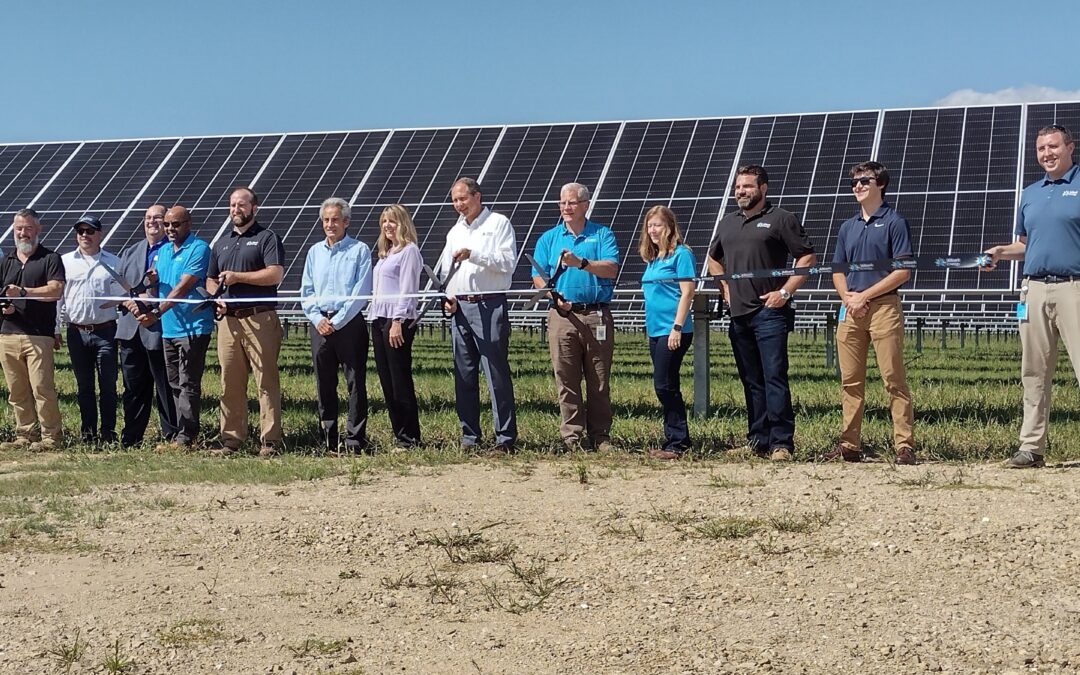
by Michael Vickerman | Aug 29, 2022 | Community, Events, Local Initiatives, Solar, Sustainability
Bear Creek Project Ushers in Gigawatt of Solar Capacity
Alliant Energy’s ambitious solar portfolio debuted on August 22 with a ribbon-cutting ceremony at its 50-megawatt (MW) Bear Creek project near Lone Rock in Richland County. Electricity produced from Bear Creek should equate to the annual consumption of approximately 13,000 residences.
Bear Creek will be followed by 11 more Alliant-owned solar projects totaling more than a gigawatt (1,000 MW), which are expected to go online over the next 18 months. Indeed, Alliant’s Wisconsin affiliate is on a trajectory to source 20% of its electricity from solar power by 2025. All 12 projects were approved by the Public Service Commission (PSC). (See table below for a complete list of Alliant’s solar projects.)
“This project is an incredible milestone for our customers,” said David de Leon, Alliant Energy’s Wisconsin President. “Guided by our purpose-driven strategy to serve customers and build stronger communities, this solar farm diversifies our energy portfolio, boosts American energy independence, and increases access to affordable electricity.”
The Bear Creek project drew praise from several project partners, including the Town of Buena Vista. “This project represents a significant, long-term investment in our community,” said Van Nelson, the town of Buena Vista clerk. “The township appreciated how well they were kept informed of progress throughout the project.”
With the completion of Bear Creek, Buena Vista and Richland County expect to reap a combined $200,000 annually from the state’s shared revenue program over 30 years. The project site covers 456 acres.
Construction of the Bear Creek solar farm began in July 2021. Burns & McDonnell was the lead contractor for the project and engaged operating engineers, carpenters, laborers, and electricians from several local union halls – increasing the positive economic impact and community benefit.
“When businesses partner with the skilled forces of Wisconsin’s unionized building trades, they know they’re going to get a safe, quality product that delivers superior value for everyone,” said Emily Pritzkow, Executive Director of the Wisconsin Building Trades Council. “By prioritizing using local unionized labor on renewable energy projects, Alliant Energy is supporting a strong workforce, keeping project dollars in the community and boosting our state economy.”
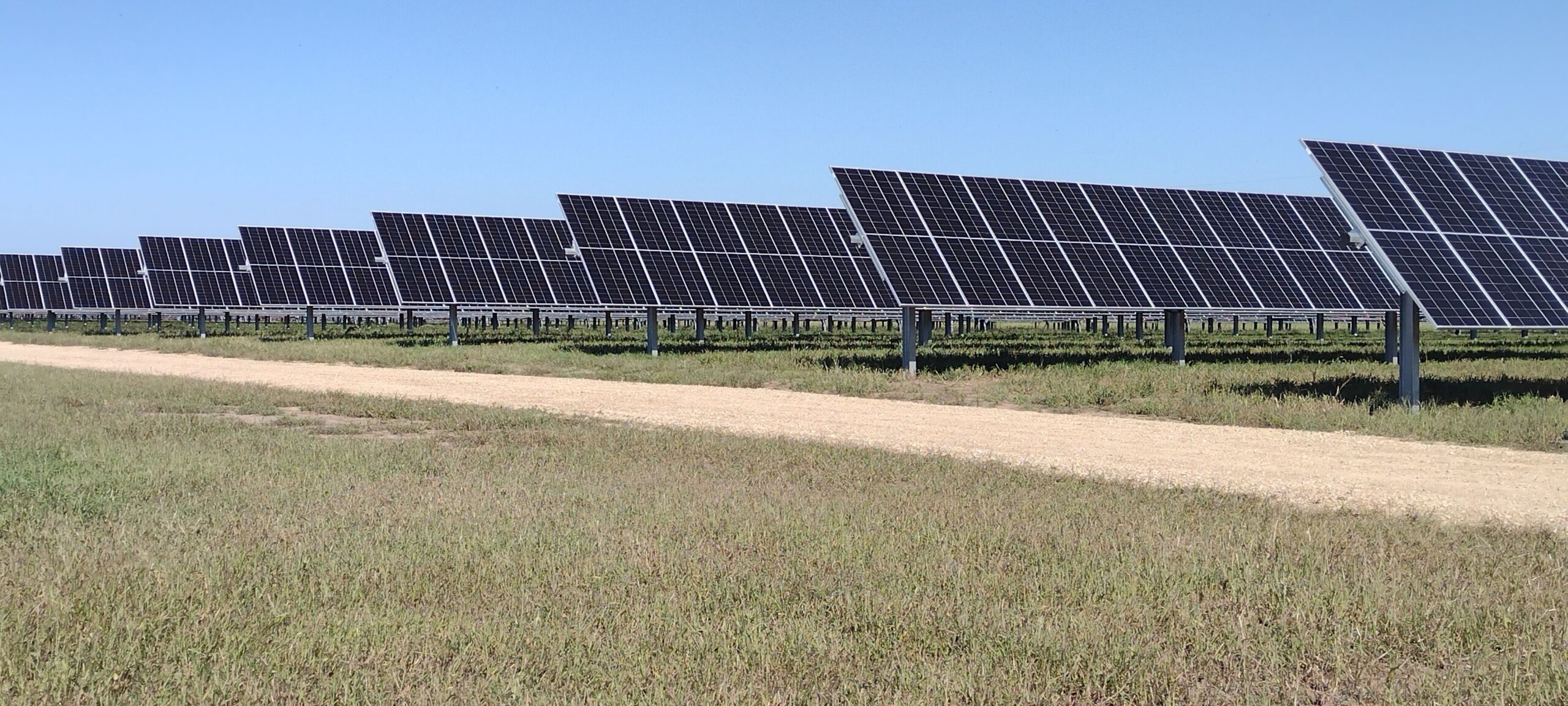
At the ribbon-cutting, Alliant officials drew attention to the safety record achieved during construction. According to Cameron Garner, construction project manager at Burns & McDonnell, not a single accident resulting in a loss of labor hours was recorded during the project’s construction. This is a remarkable achievement considering that 120,000 hours of labor were logged in completing the solar farm.
Alliant has scheduled its next ribbon-cutting ceremony in late September at its 150 MW Wood County solar farm near Nekoosa. A third ceremony will likely follow in November at the utility’s North Rock project north of Janesville.
Over the last three years, the PSC has approved 1,850 MW of utility-owned solar generating capacity in Wisconsin. Of that total, nearly 60% of that capacity will serve Alliant Energy’s Wisconsin customers. PSC Commissioner Tyler Huebner joined Alliant officials and other project partners in the ribbon-cutting.
|
Approved Alliant Energy solar projects
Docket Nos. 6680-CE-182 and 6680-CE-183
|
| Project name |
Location (county) |
Capacity (in MW) |
Start date |
| Albany |
Green |
50 |
2023 |
| Bear Creek |
Richland |
50 |
8/2022 |
| Beaver Dam |
Dodge |
50 |
2023 |
| Cassville |
Grant |
50 |
2023 |
| Crawfish River |
Jefferson |
75 |
12/2022 |
| Grant County |
Grant |
200 |
2024 |
| North Rock |
Rock |
50 |
11/2022 |
| Onion River |
Sheboygan |
150 |
2023 |
| Paddock |
Rock |
65 |
2023 |
| Springfield |
Dodge |
100 |
2023 |
| Wautoma |
Waushara |
99 |
2023 |
| Wood County |
Wood |
150 |
9/2022 |
| Total |
1,089 |
|

by RENEW Wisconsin | Aug 15, 2022 | Advocacy, Community, Electrification, Policy, Press Release, Renewables
After decades of inaction punctuated by occasional half-measures, Congress has passed monumental legislation committing the nation to pursue a clean energy transformation that will benefit all sectors of American society.
The enactment of the Inflation Reduction Act, which cleared the House of Representatives today, will signal to the rest of the world that the United States is “all in” on decarbonizing the domestic economy while greatly expanding investment and career opportunities in the clean energy arena.
Specifically, this legislation represents a 10-year commitment to scaling up the deployment of clean energy technologies, electric vehicles, and electrified heating and cooling systems produced and delivered by U.S. companies.
With its emphasis on strengthening America’s productive capacity and workforce to deliver clean energy to our fellow citizens, this legislation is genuinely an industrial-strength response to the climate emergency enveloping our planet.
We at RENEW look forward to working collaboratively with federal and state agencies, businesses, farmers, local governments, and schools to help deliver the benefits of the clean energy transformation to every Wisconsinite.
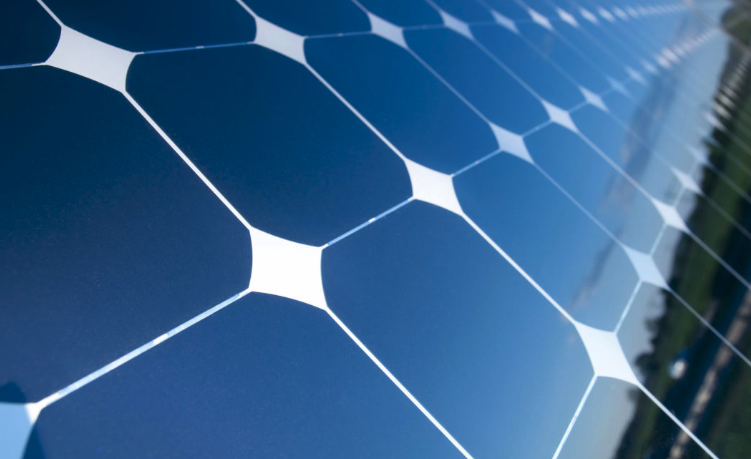
by Jodi Jean Amble | Jul 25, 2022 | Local Initiatives, Press Release, Public Service Commission, Solar
On Thursday, the Wisconsin Public Service Commission (PSC) agreed to open a docket to determine whether individual residents and businesses may access renewable energy produced on their premises using equipment owned by third parties.
“RENEW Wisconsin commends the PSC decision,” said RENEW Wisconsin Policy Director Michael Vickerman. “While this arrangement, often described as third party-financing, is expressly legal in 29 states, it has remained a legal gray area in Wisconsin for far too long.”
“In accepting the petitions filed by Vote Solar and the Midwest Renewable Energy Association, the PSC has now committed to resolving this ambiguity,” Vickerman continued. “PSC affirmation of third party financing is essential to spreading the benefits of clean energy to all Wisconsin utility customers.”
Vickerman noted that this lingering uncertainty has greatly impeded renewable energy uptake among individuals and organizations that cannot afford large upfront outlays or do not qualify for federal tax credits. These particular customers include nonprofits, small businesses, houses of worship, schools and local governments, and low-to-moderate income residents.
Vickerman continued: “A favorable ruling from the PSC would allow Wisconsin’s solar marketplace to catch up with neighboring states such as Iowa and Illinois. In those states, there is no barrier to customers hosting renewable energy systems owned by third parties and paying for this service through a lease or a power sale agreement.”
“We believe third-party financing is a critically important tool for empowering customers to scale back their fossil fuel usage,” Vickerman said. “Without expressly affirming the legality of ordinary financing mechanisms such as leases, we do not see how the state of Wisconsin will come anywhere near close to achieving a net zero carbon goal by 2050.”





